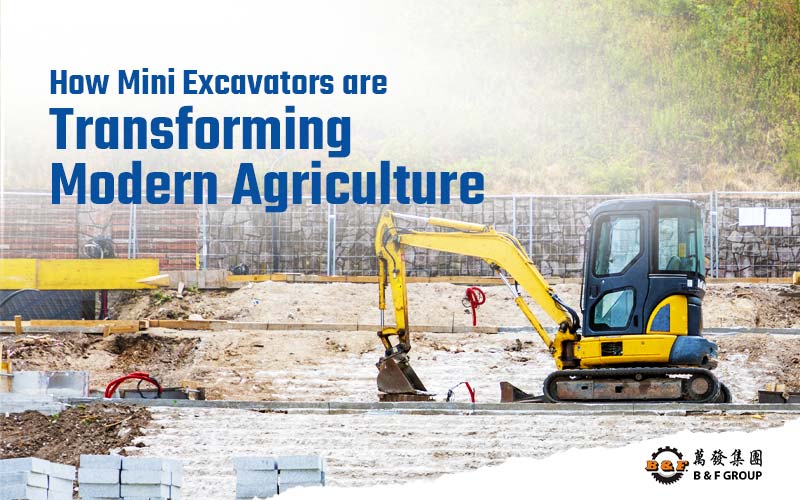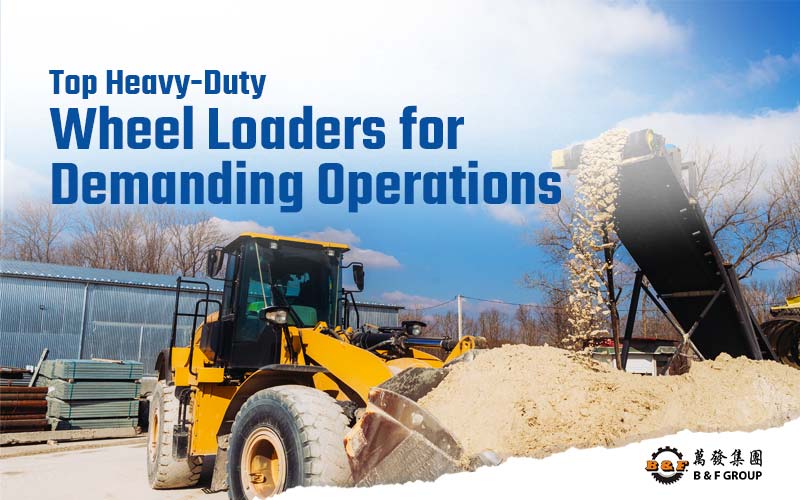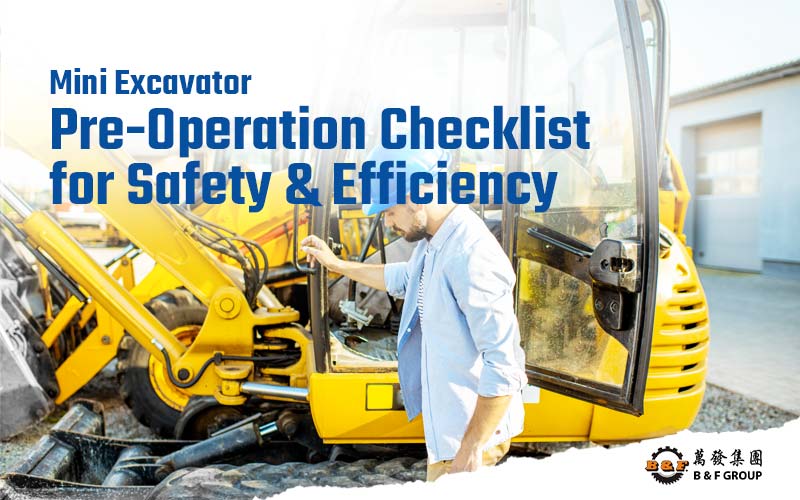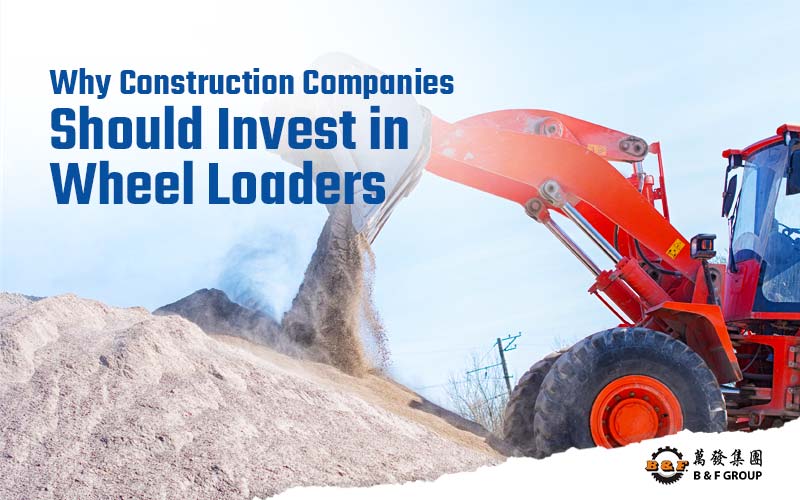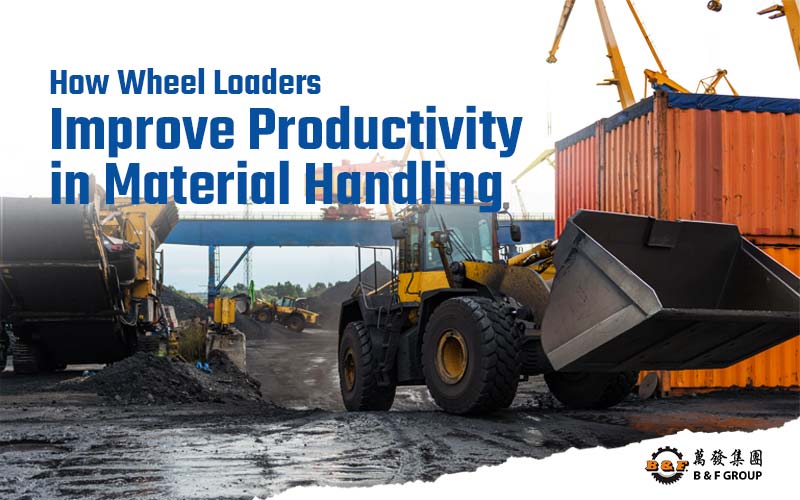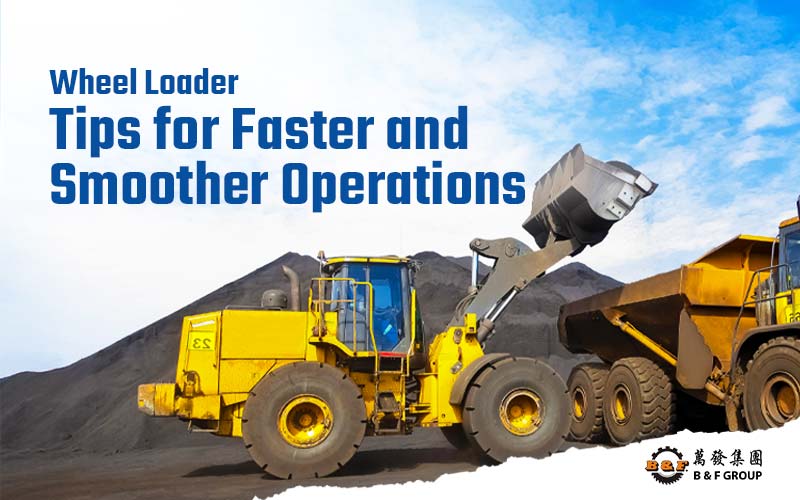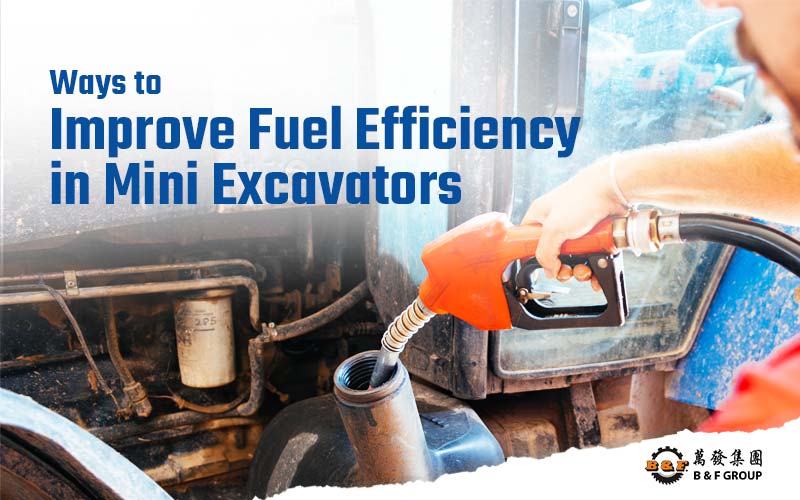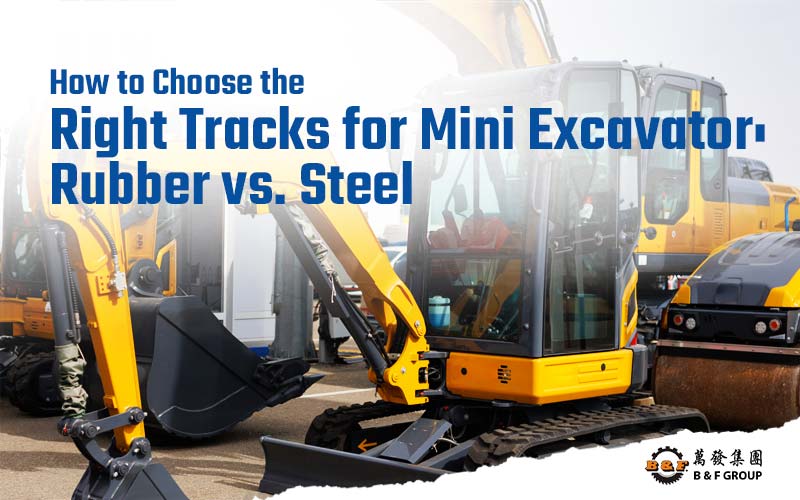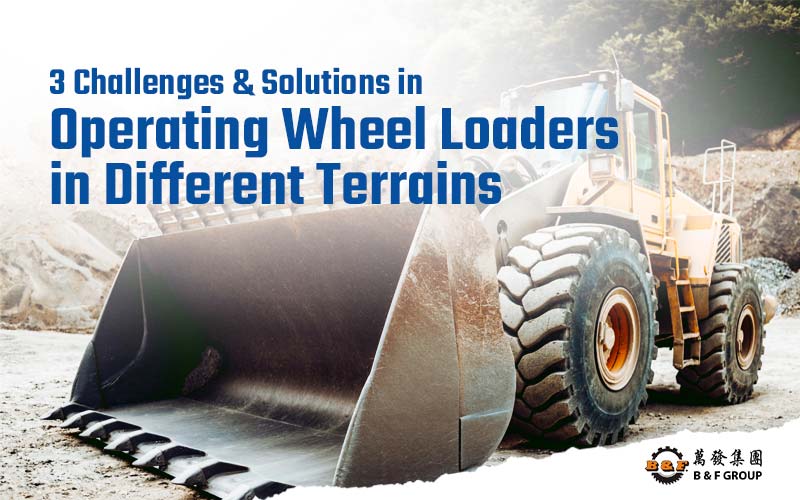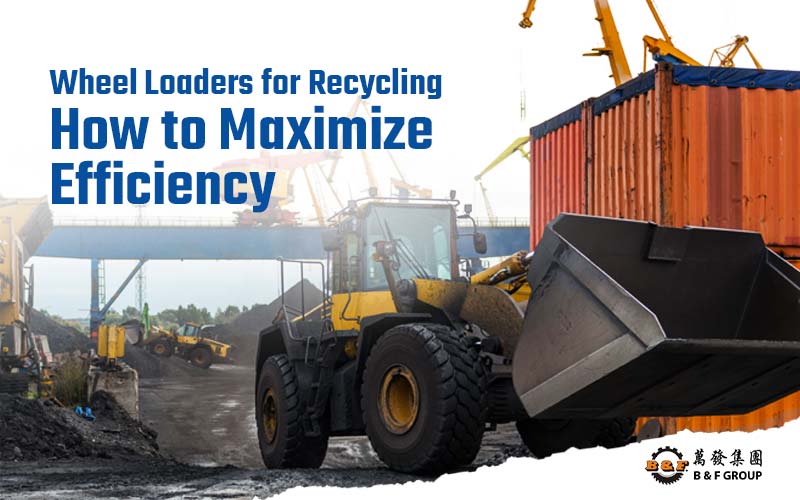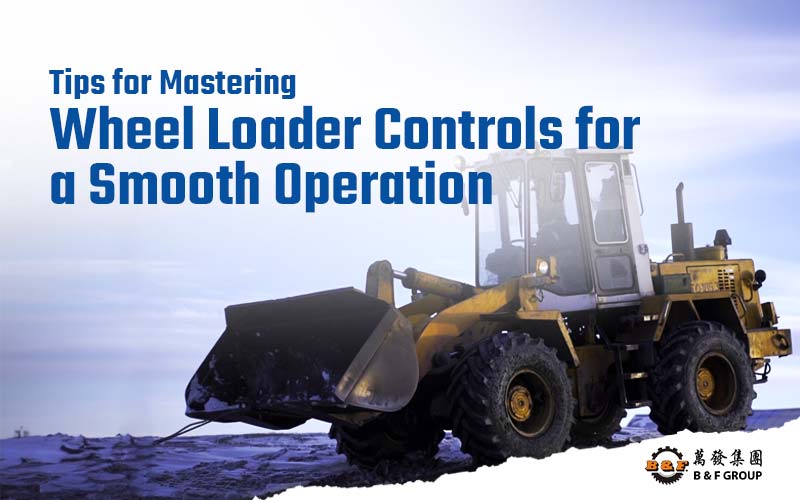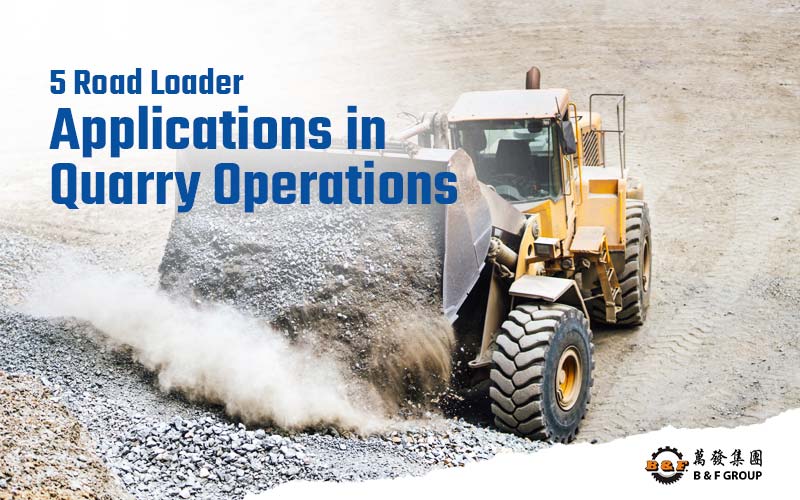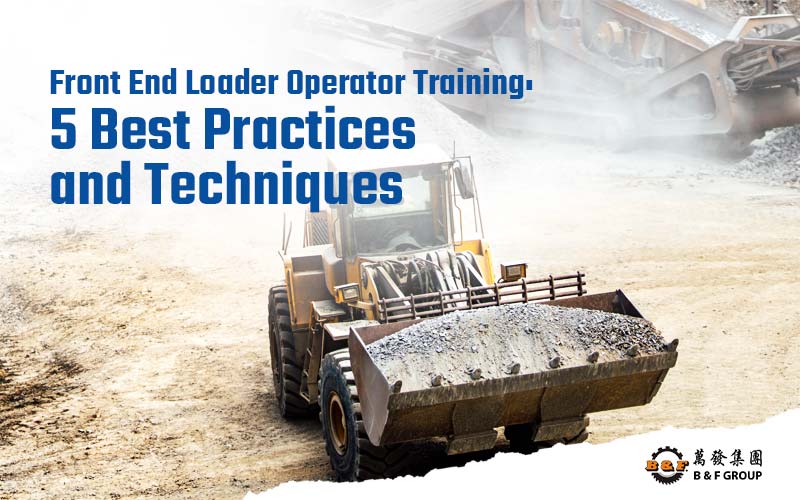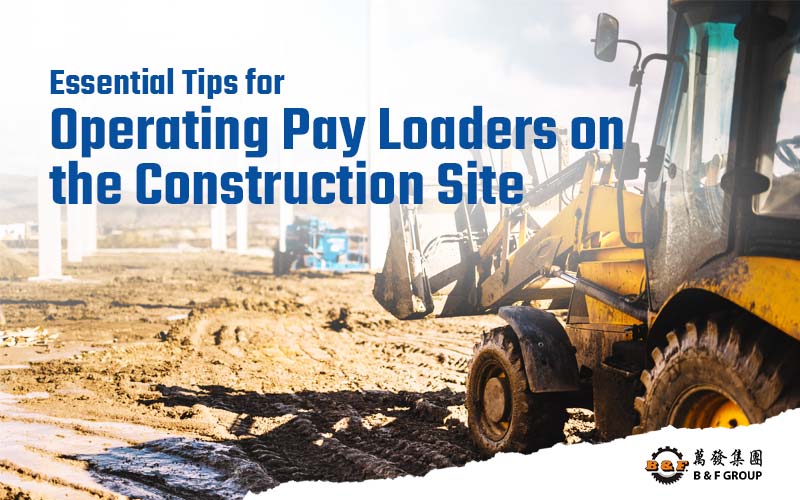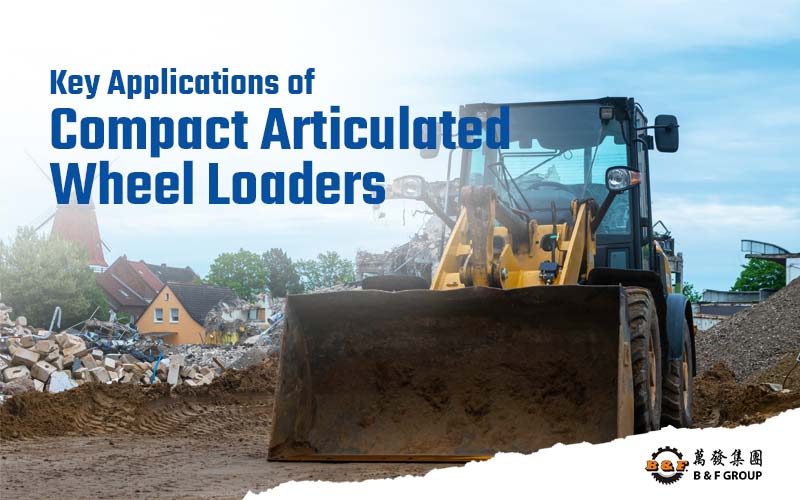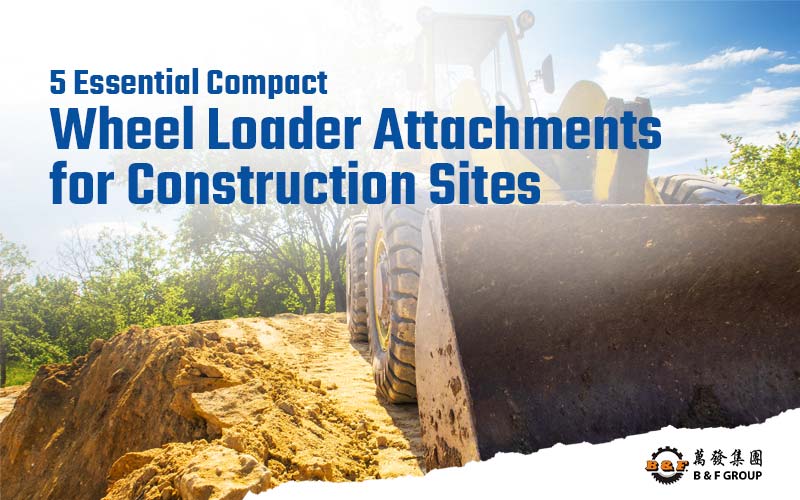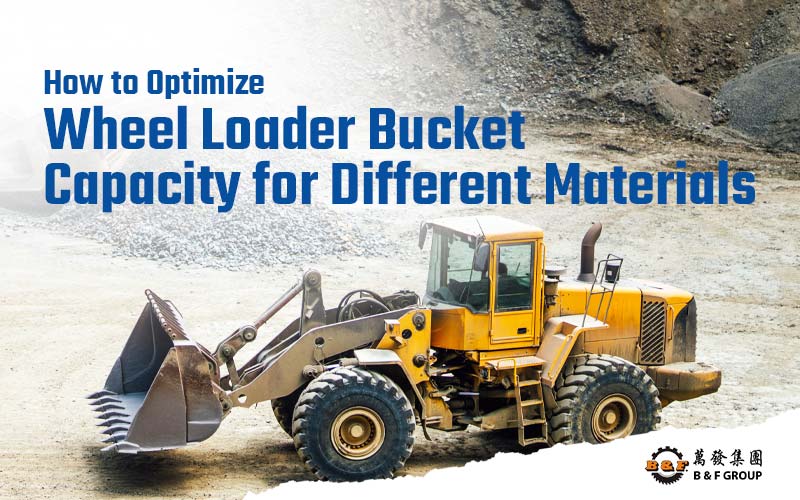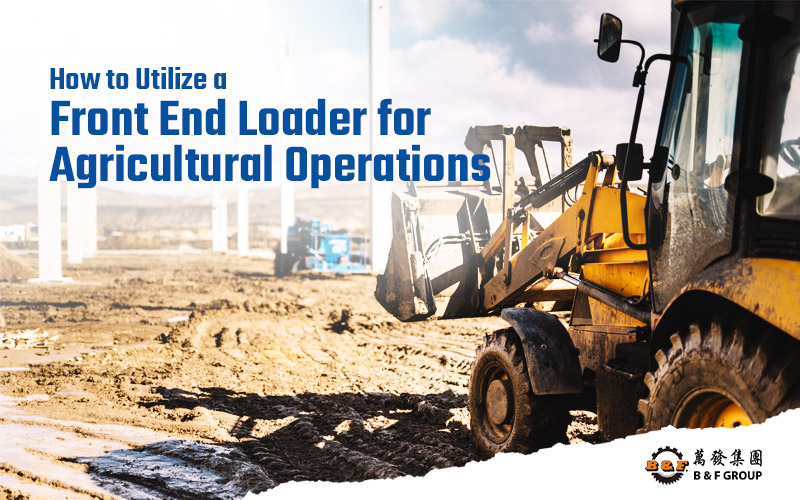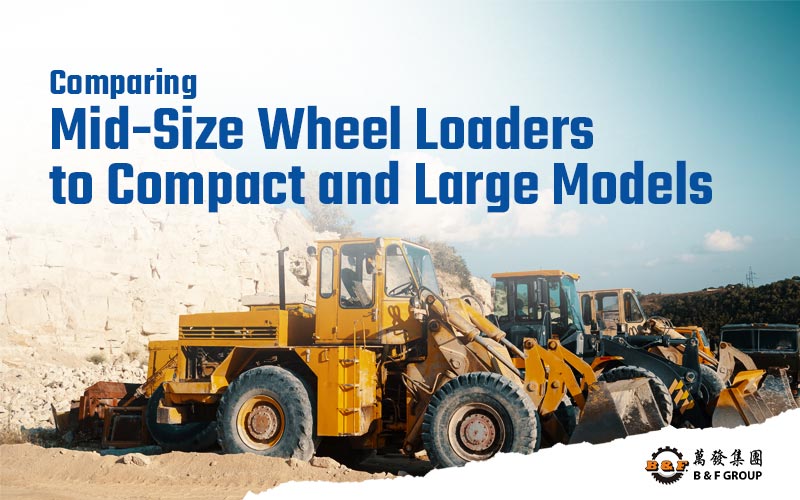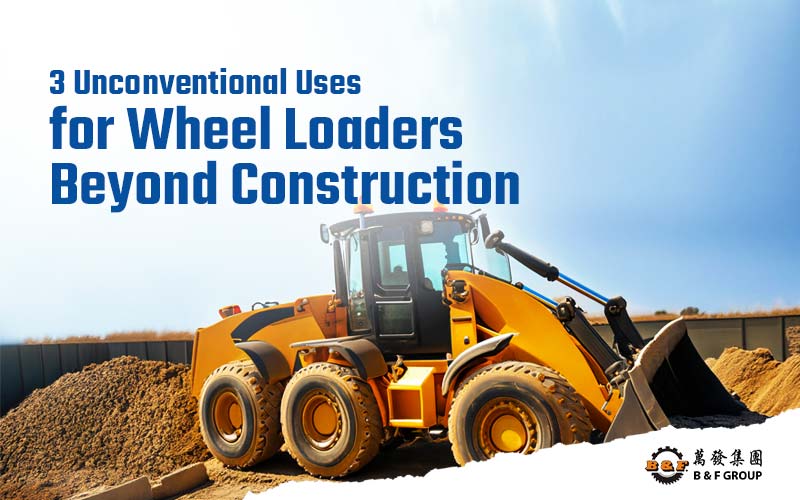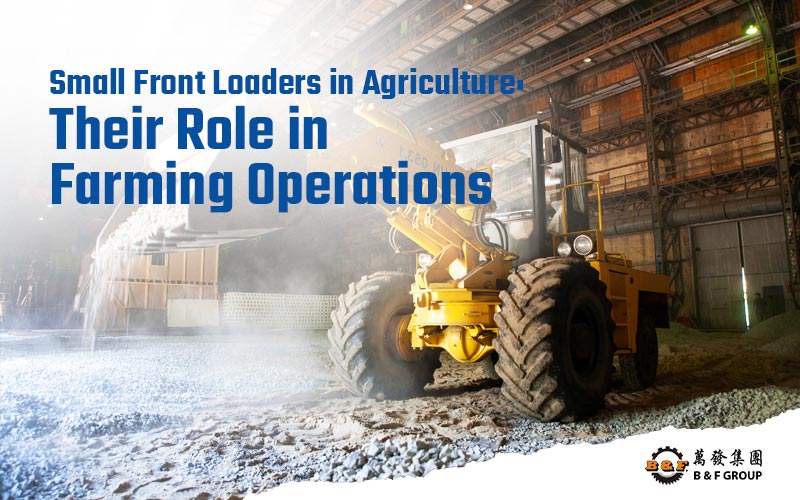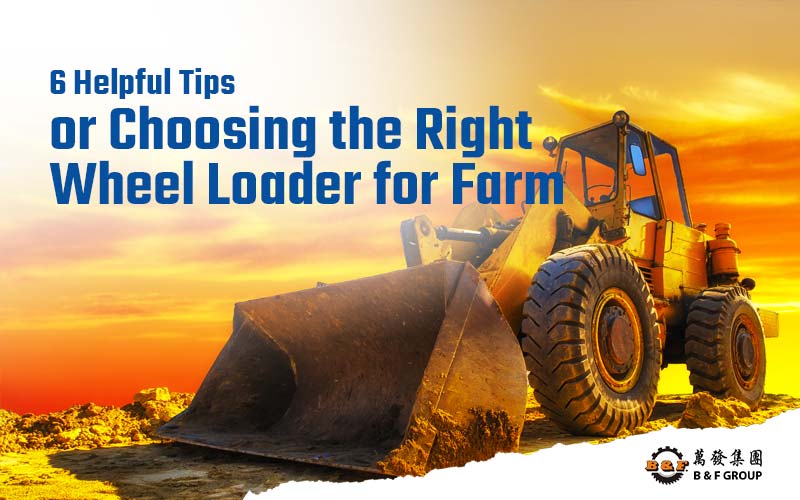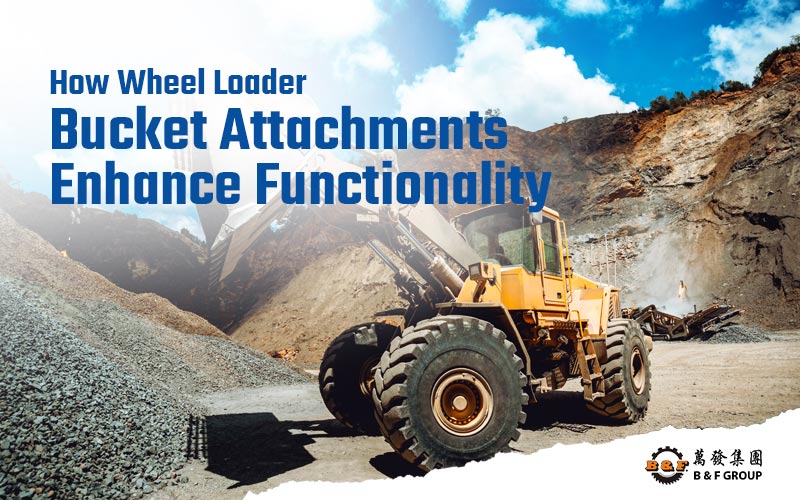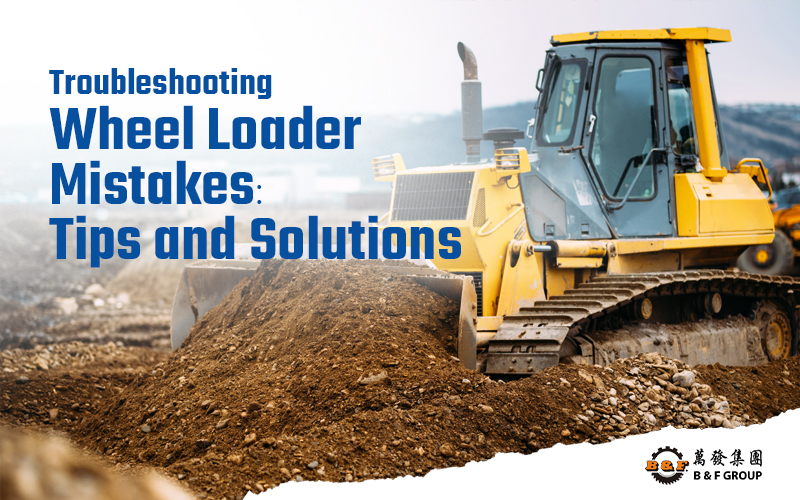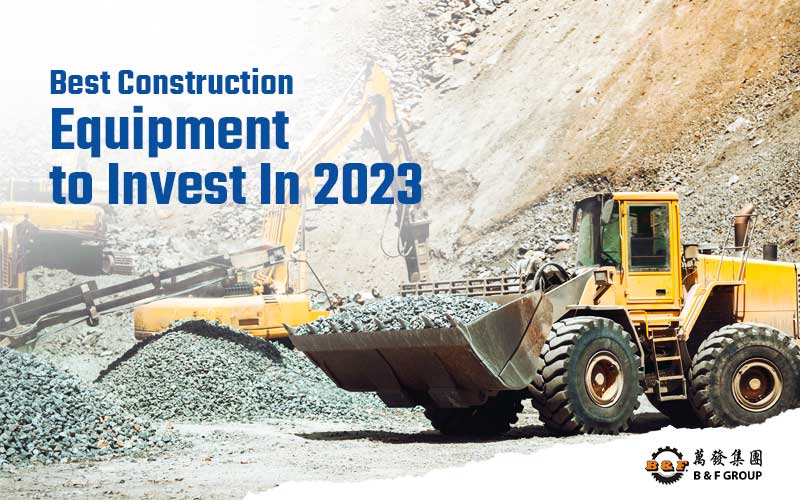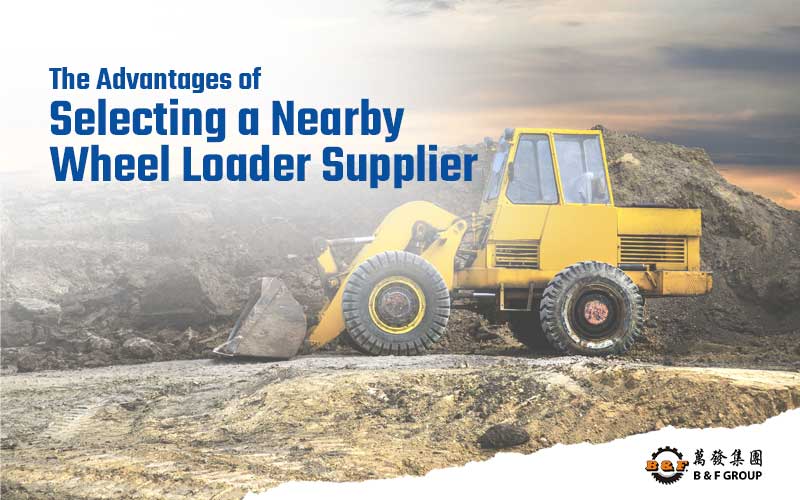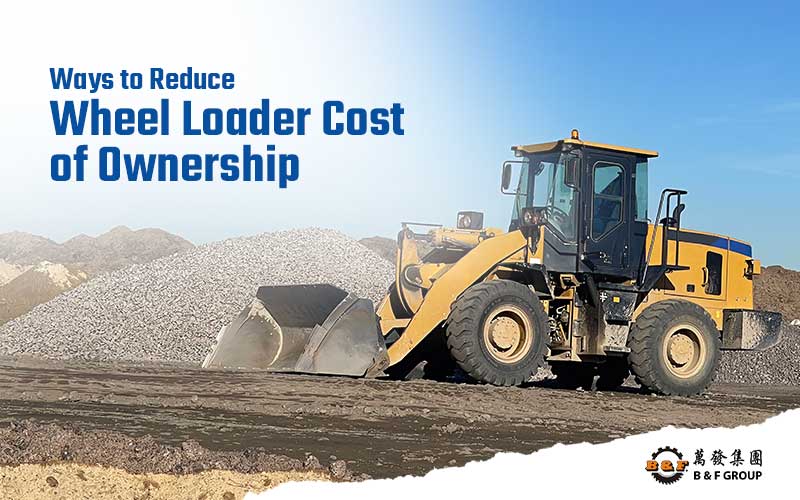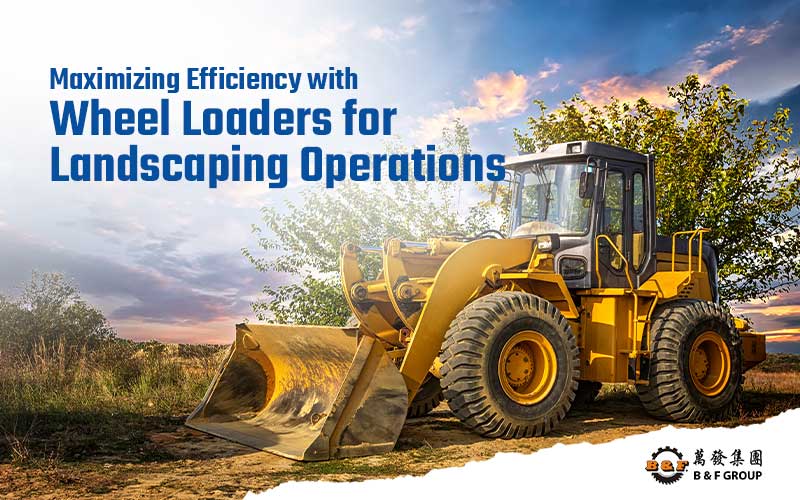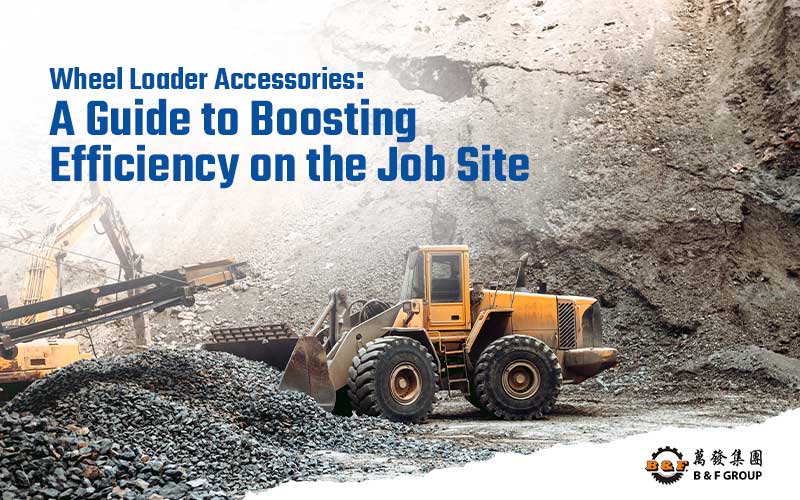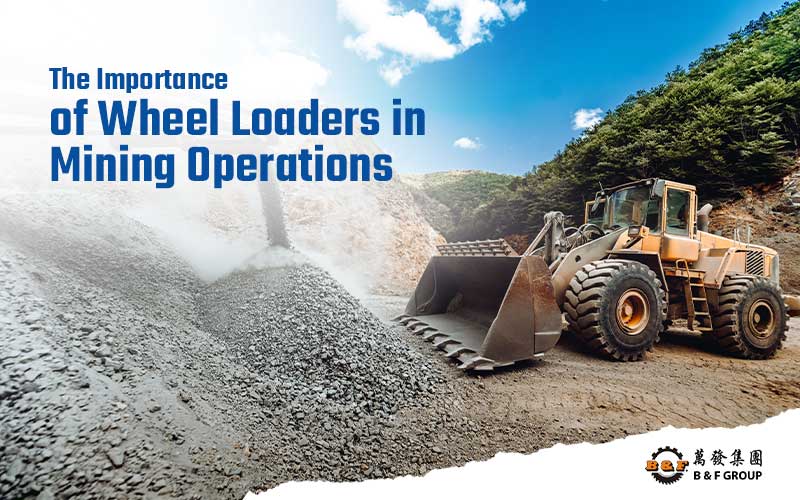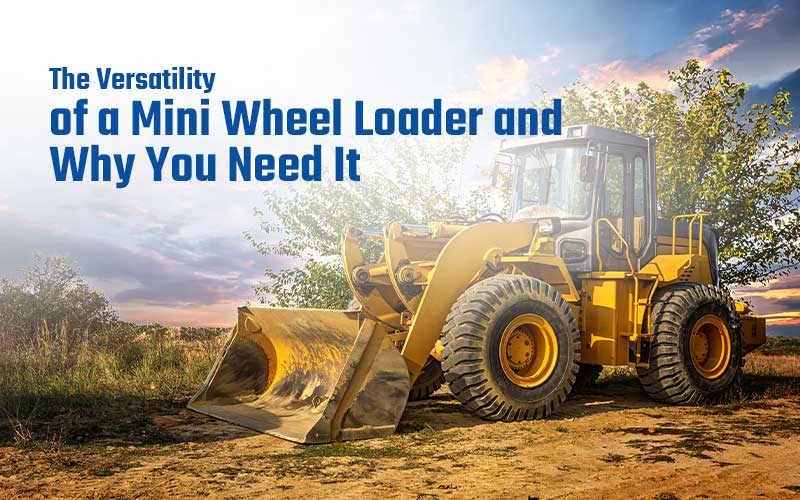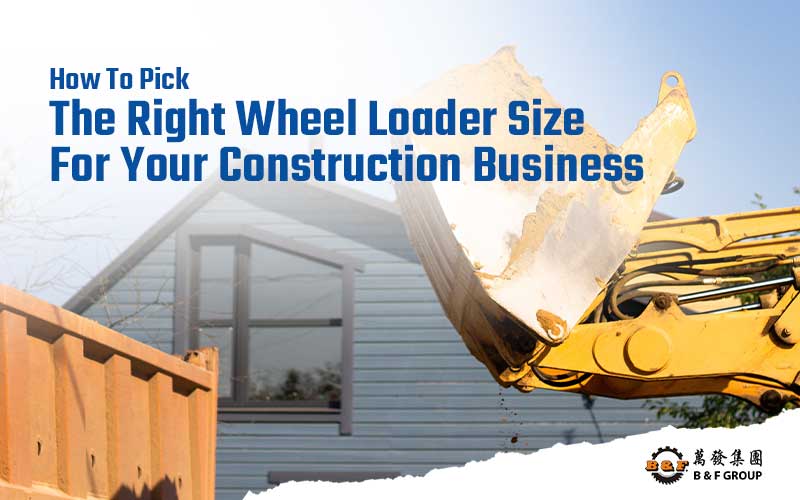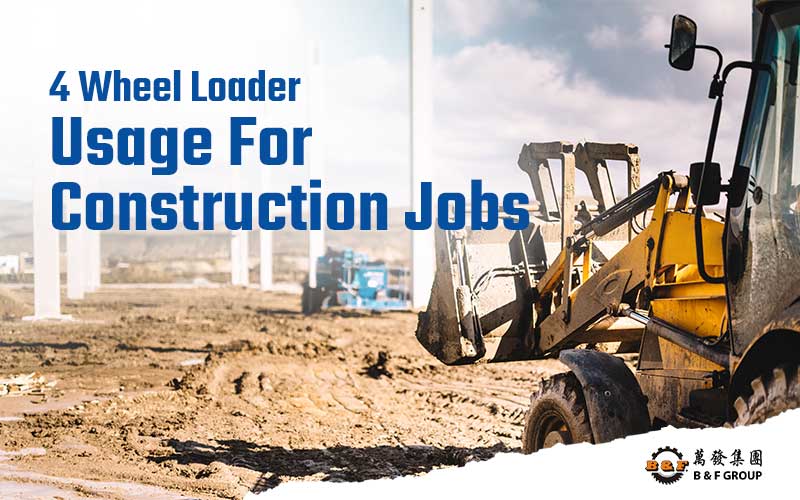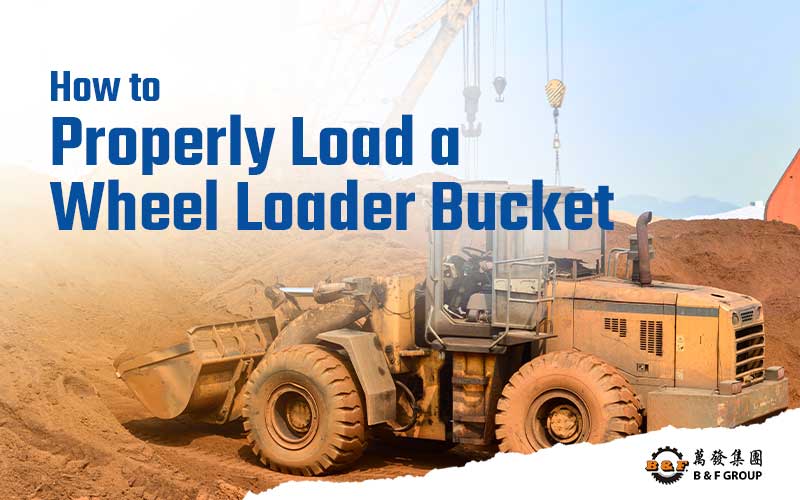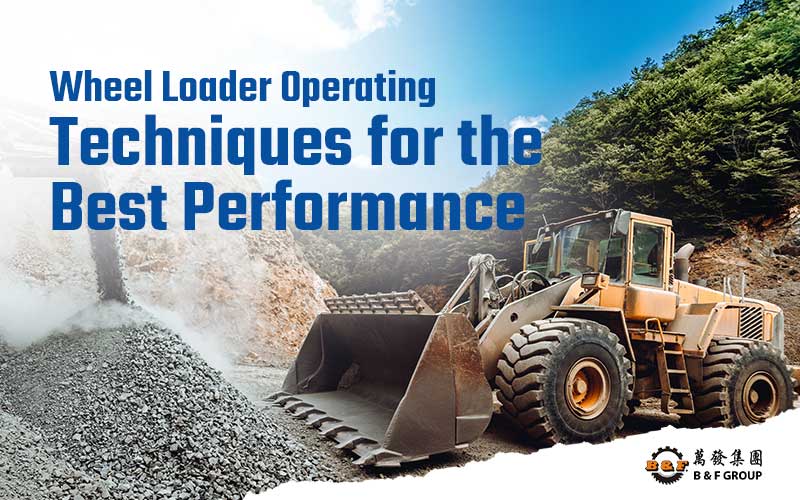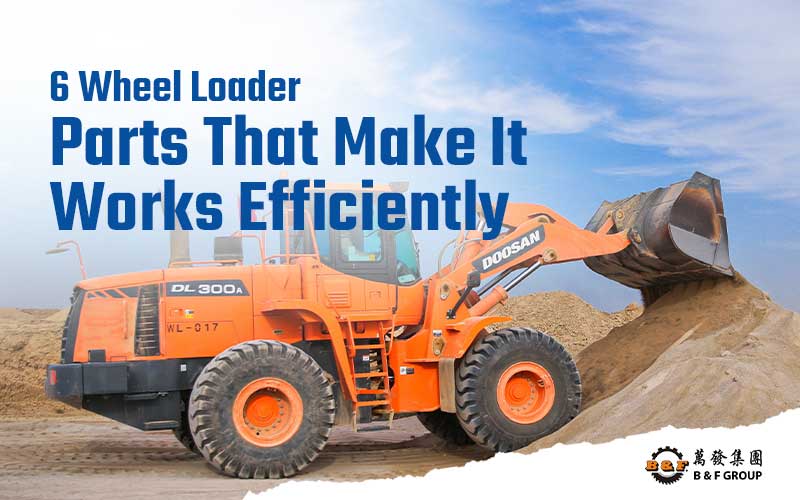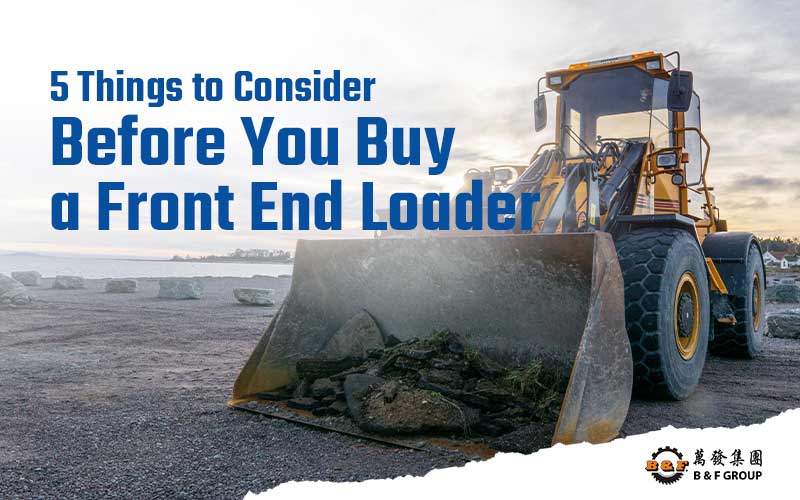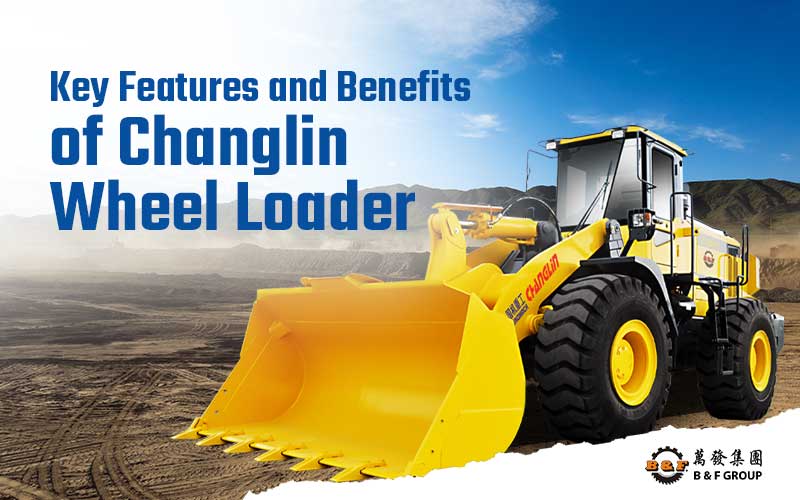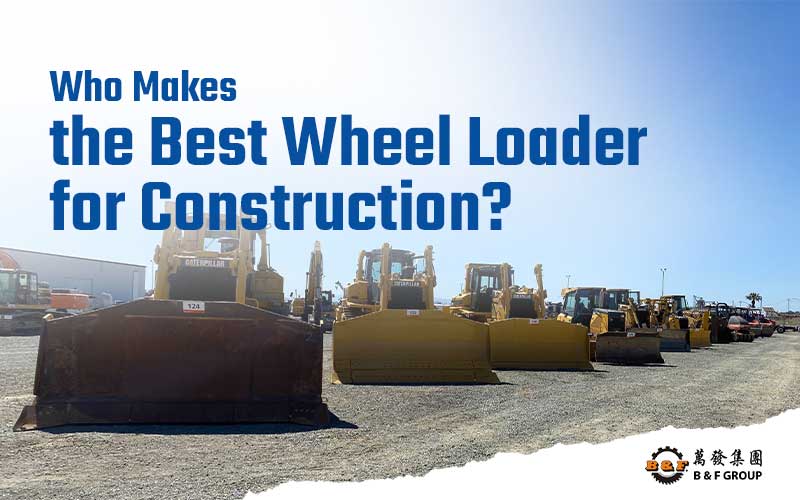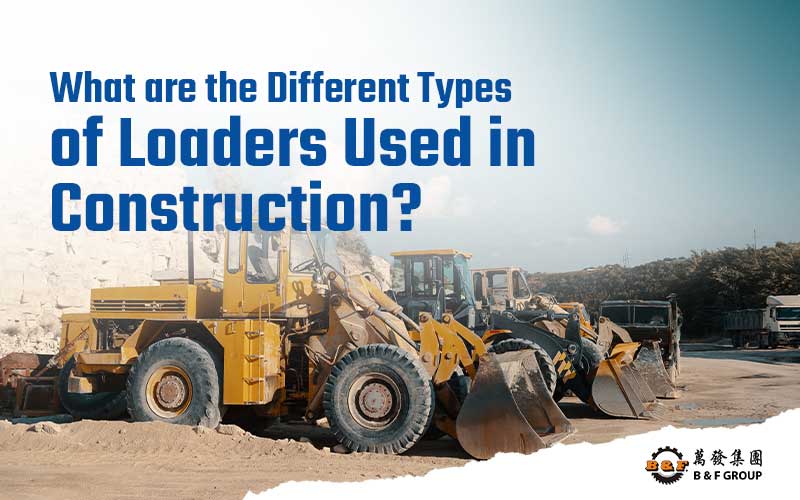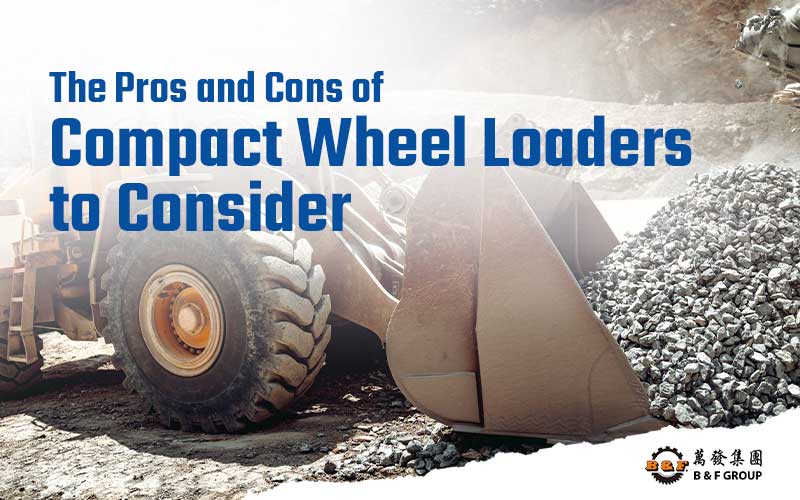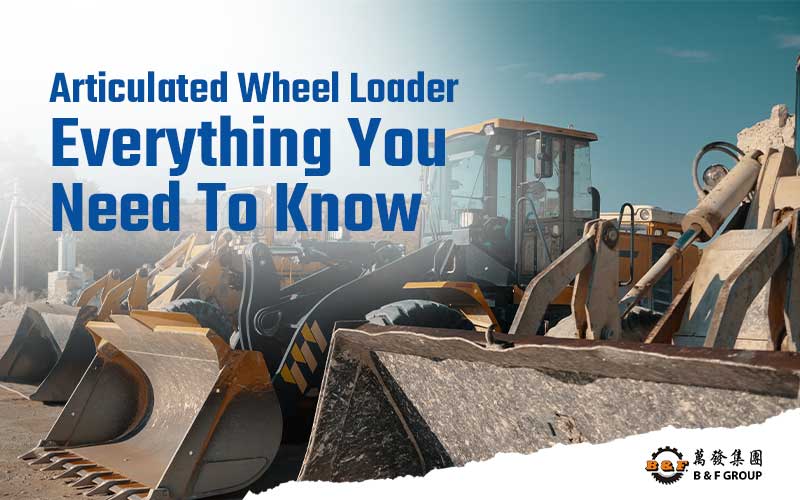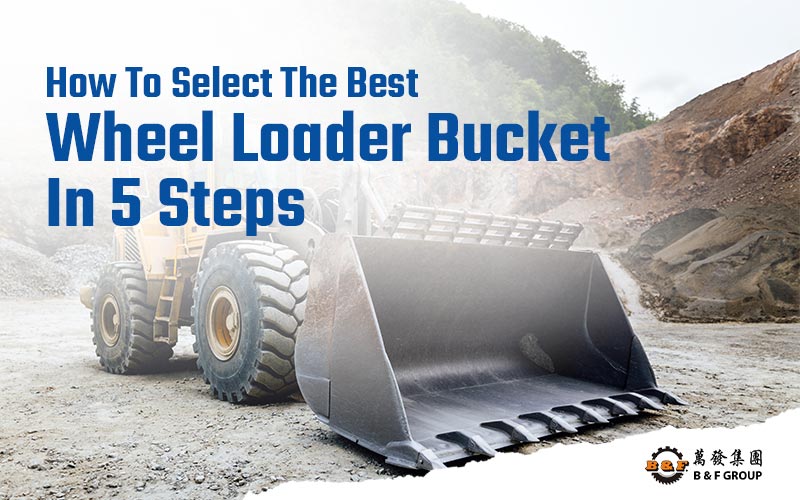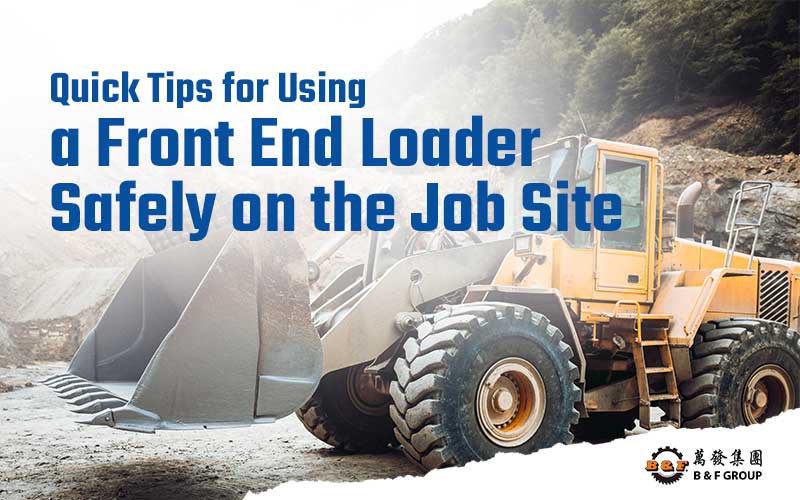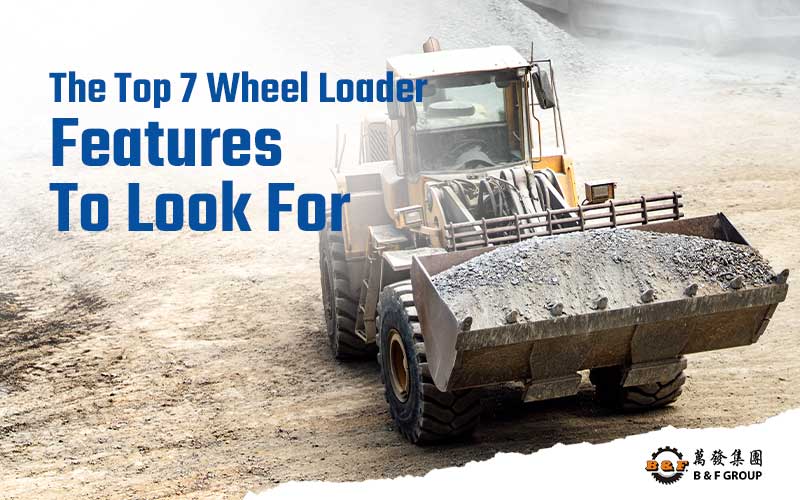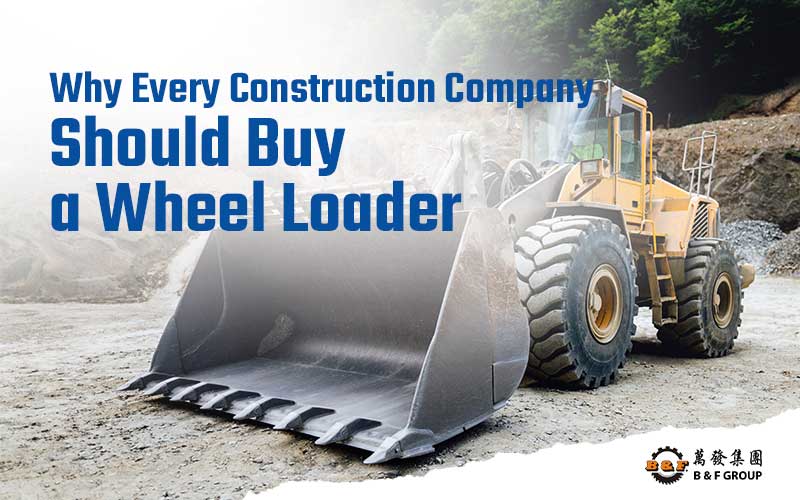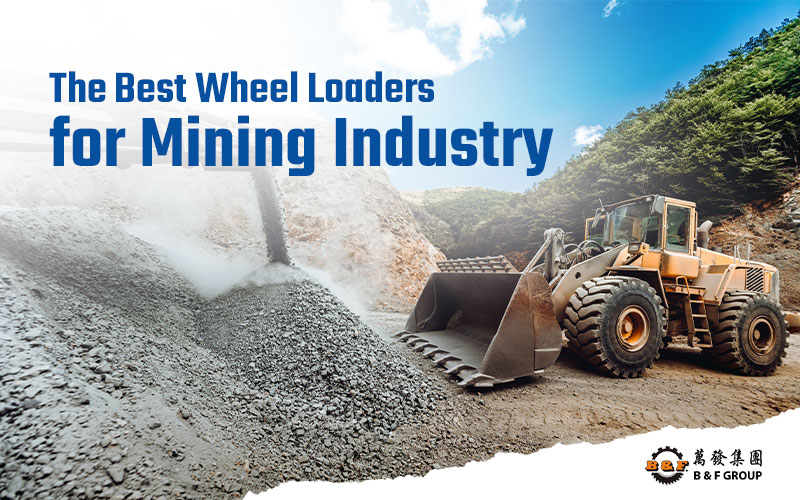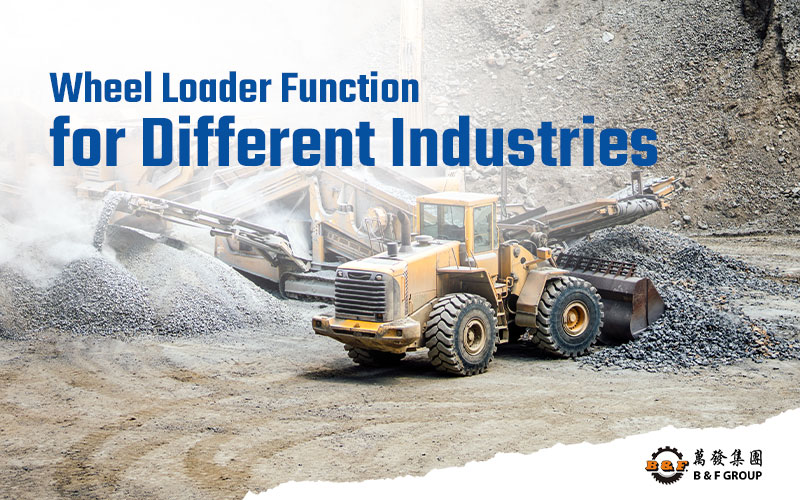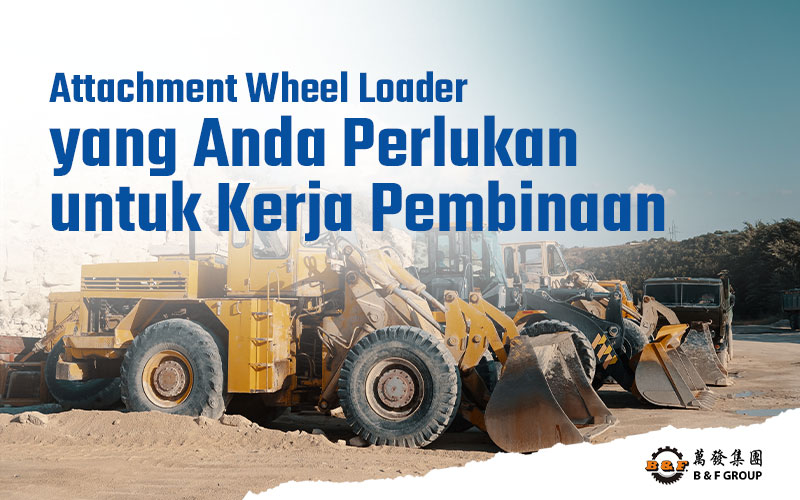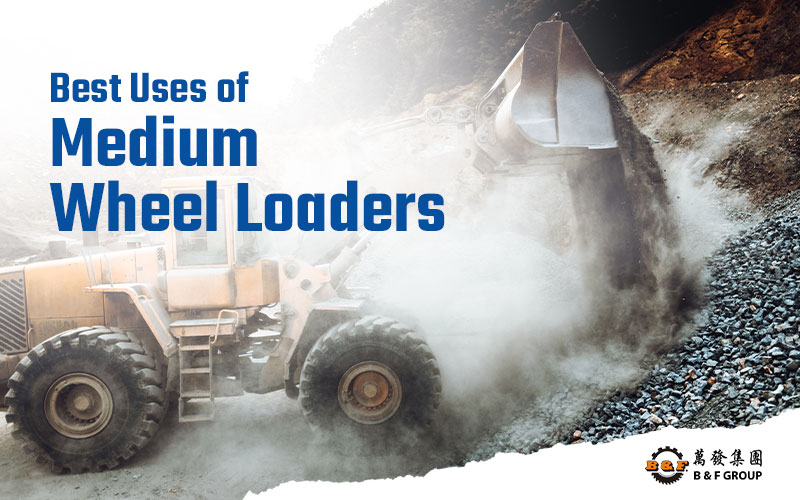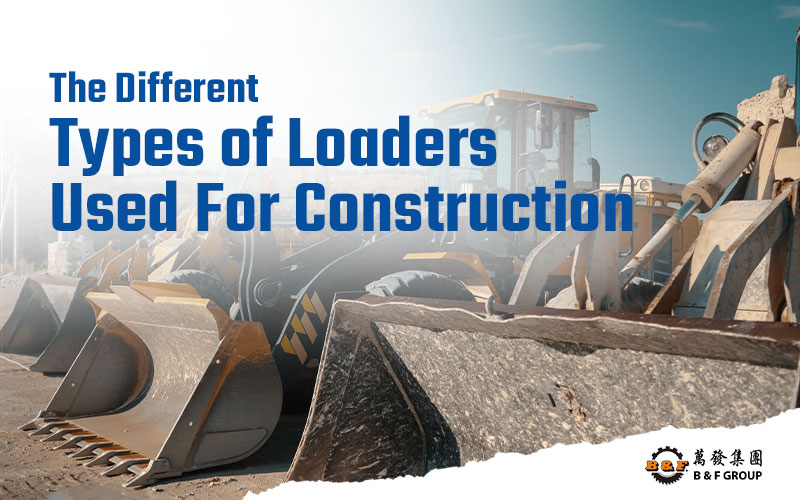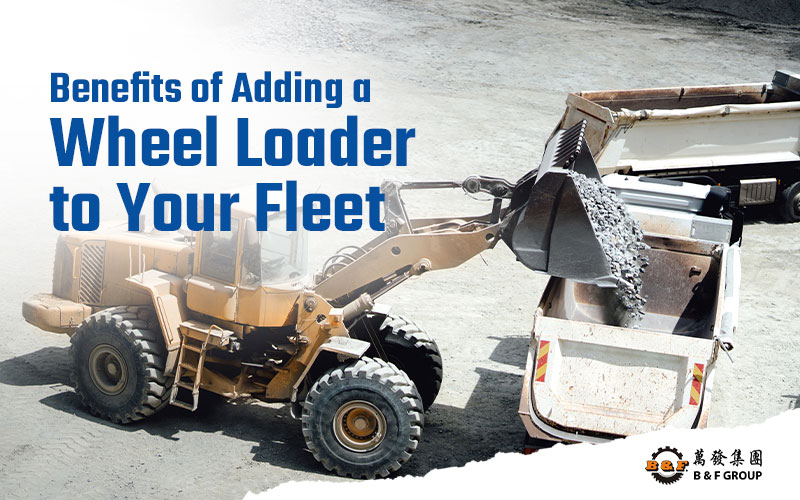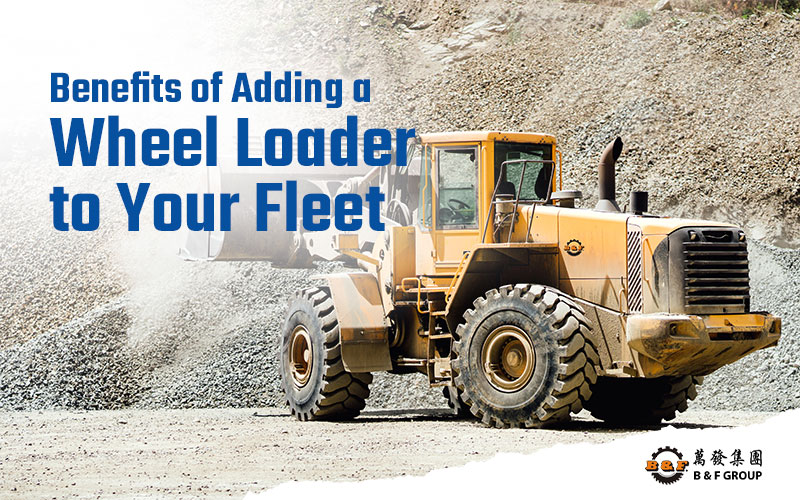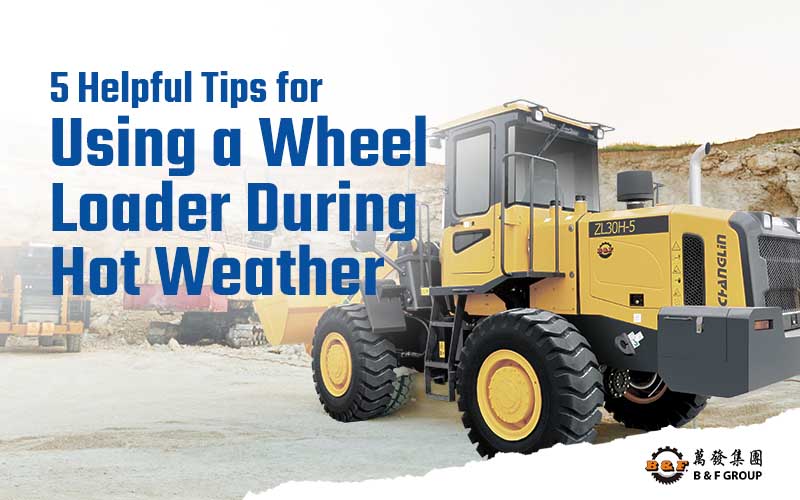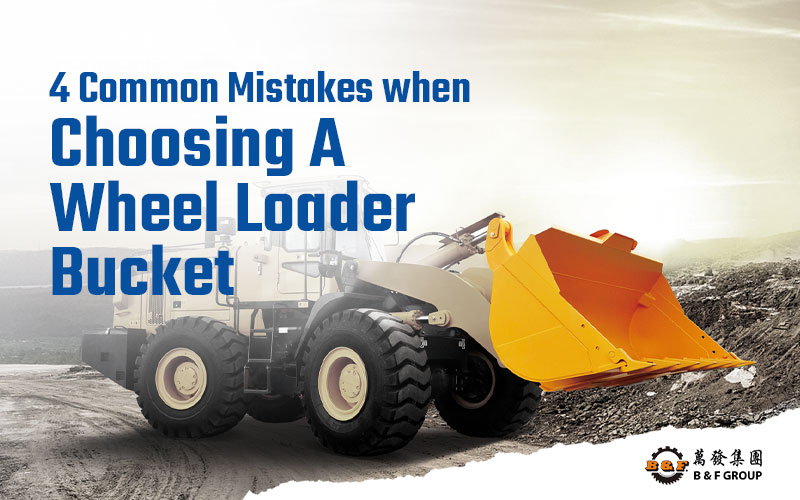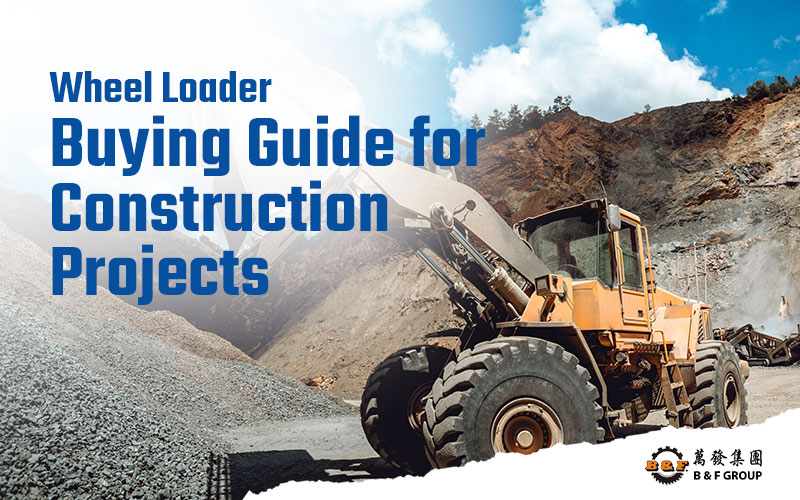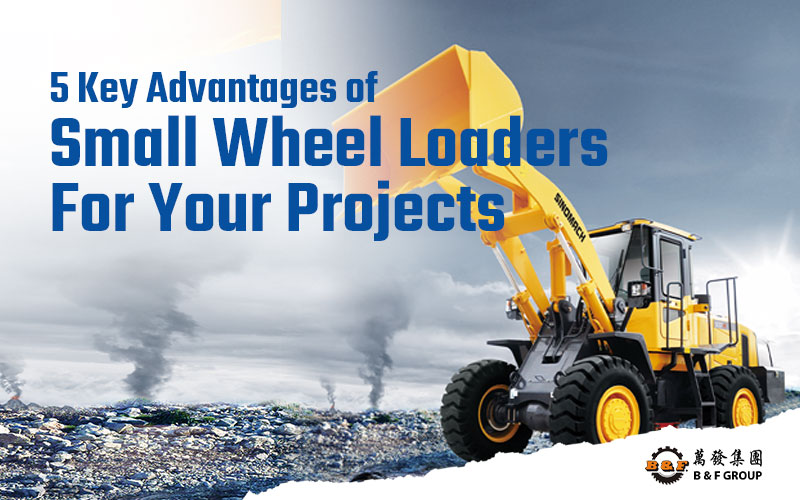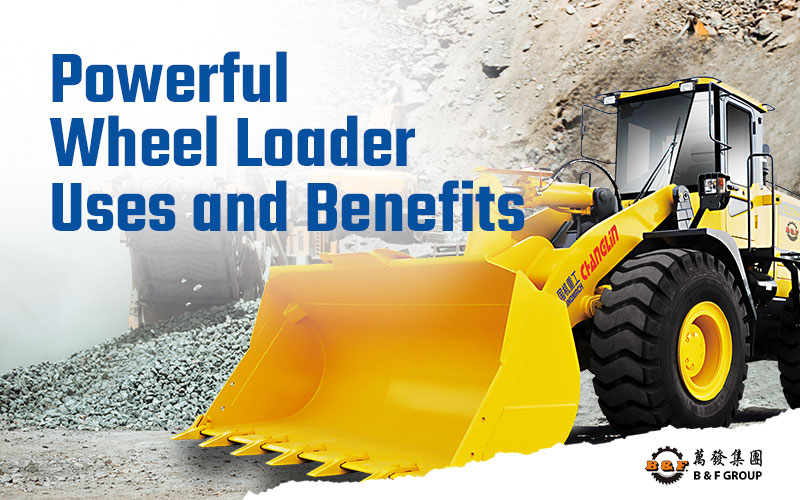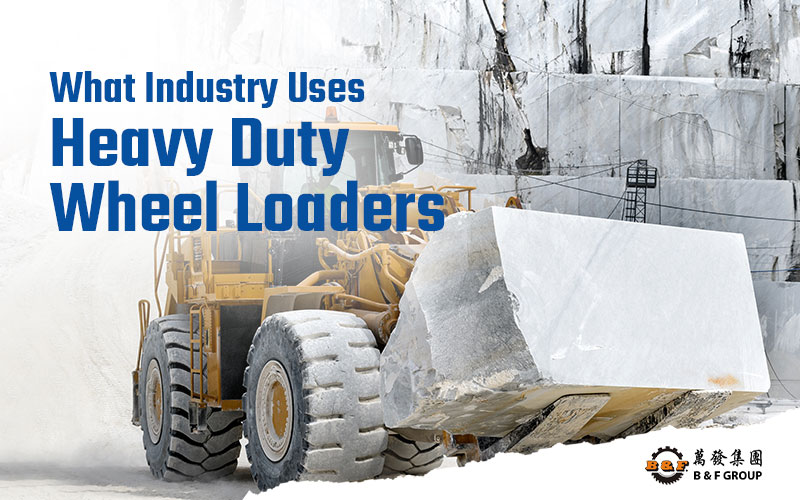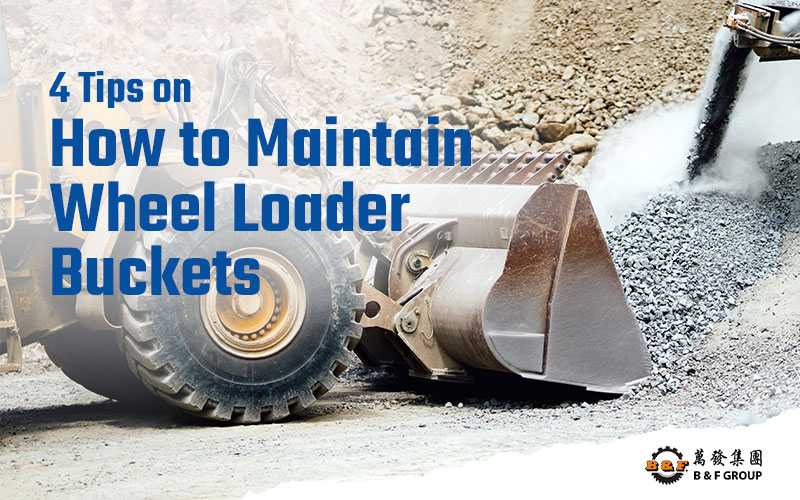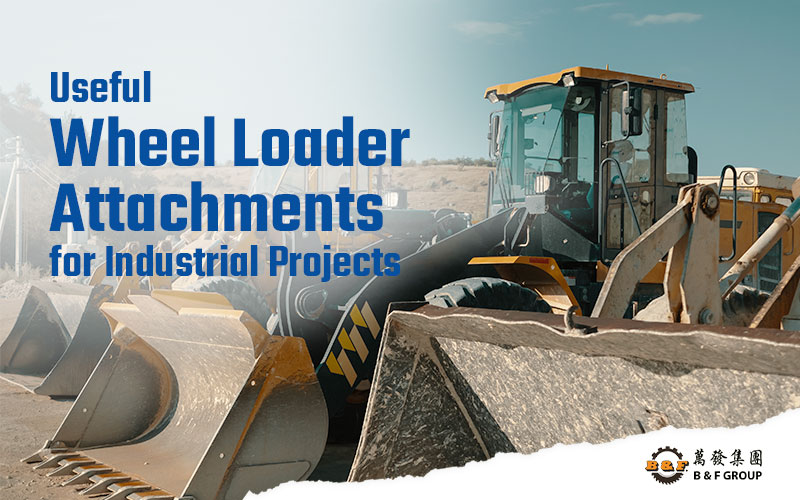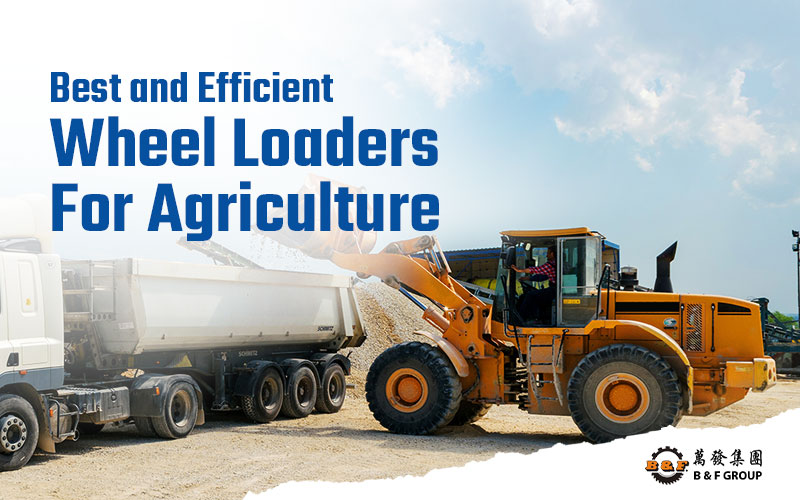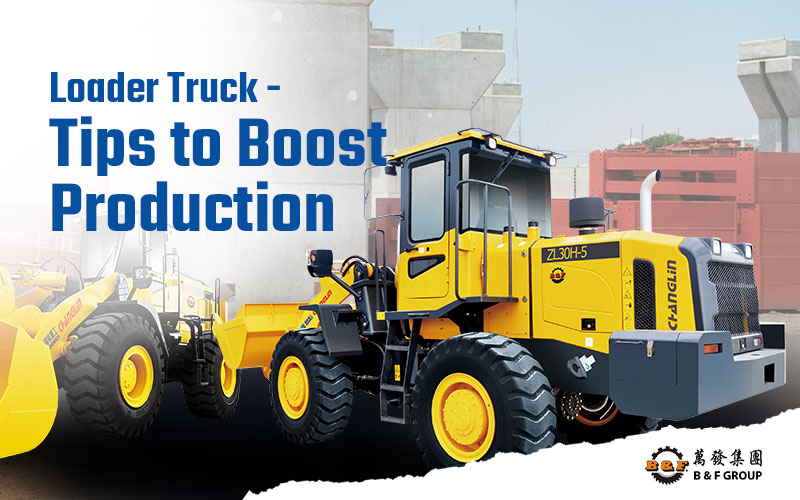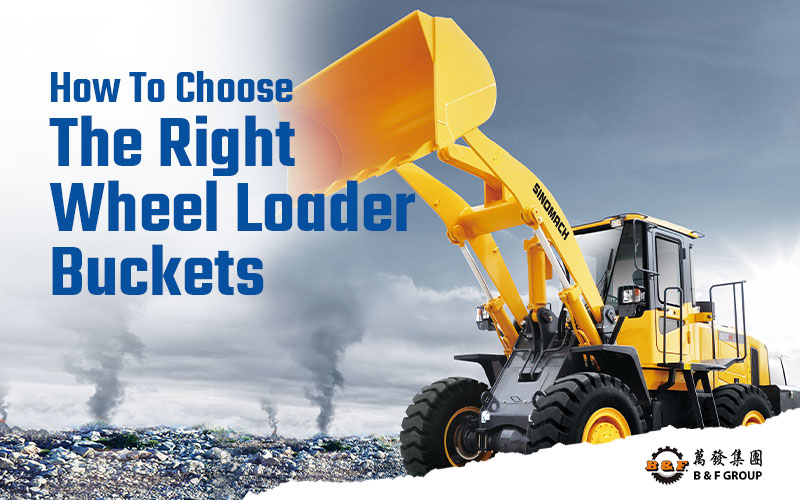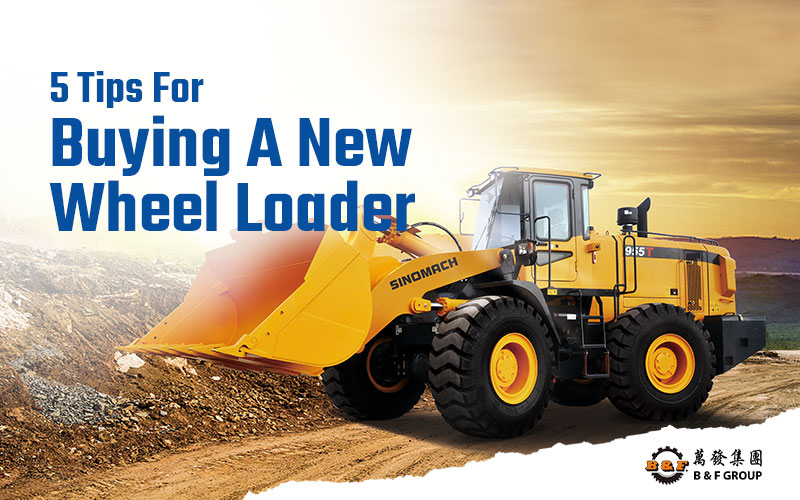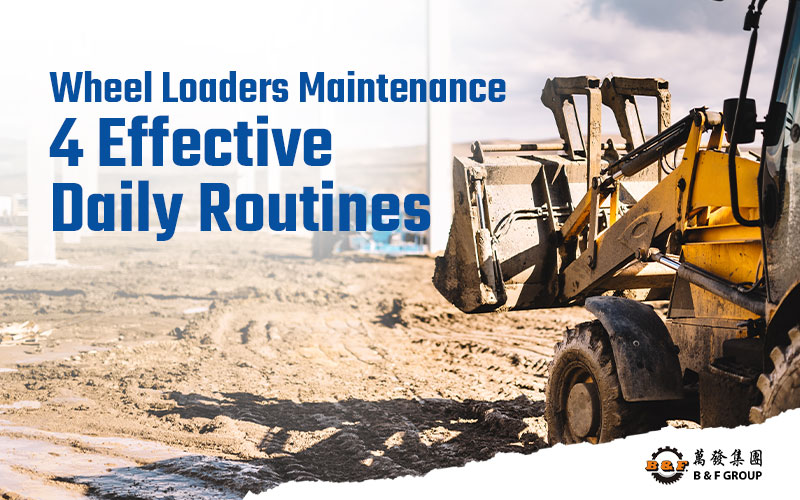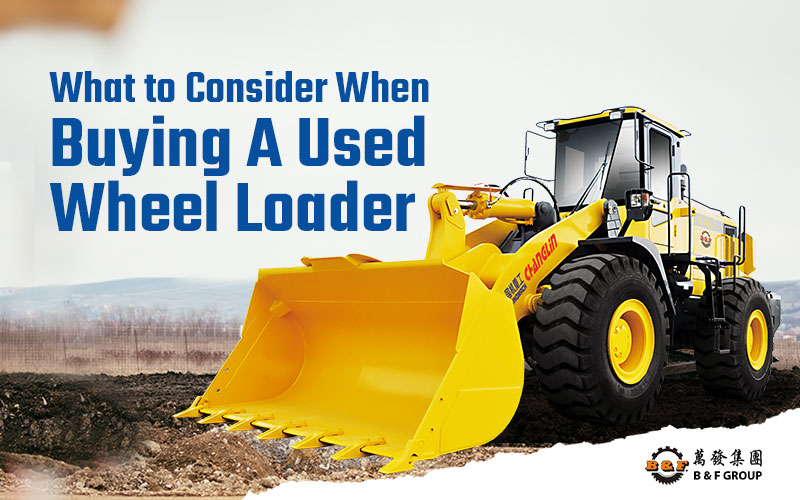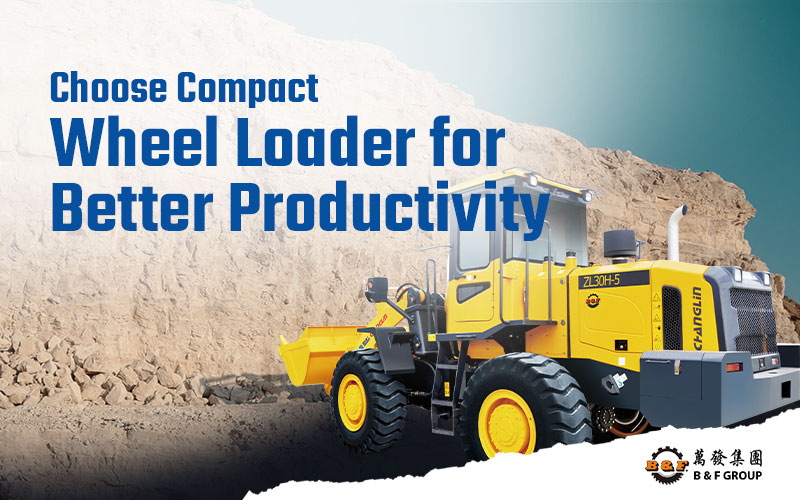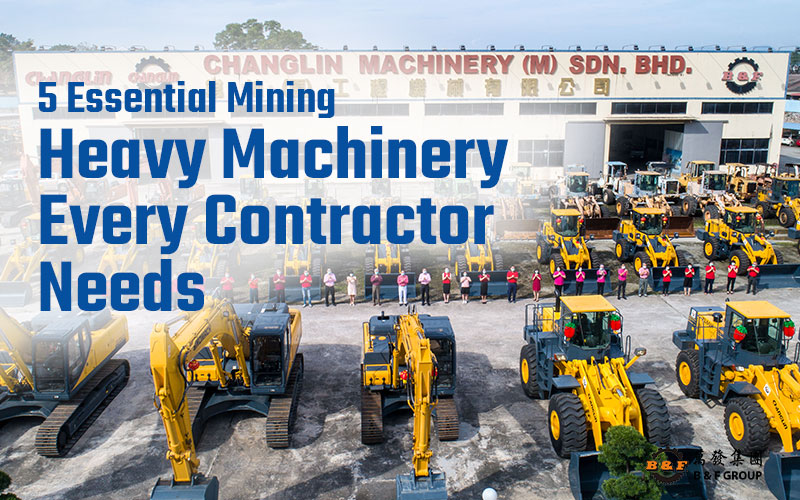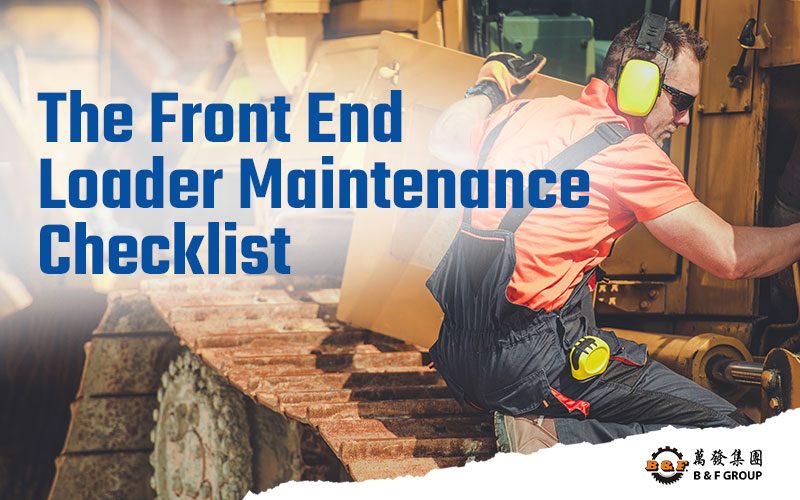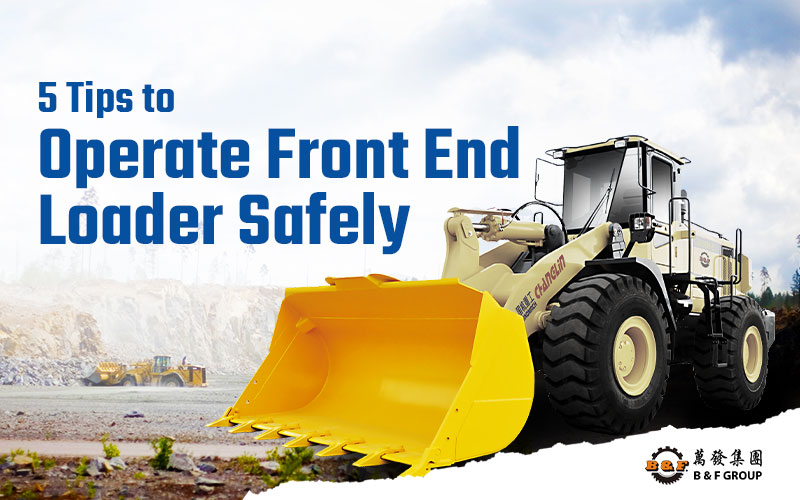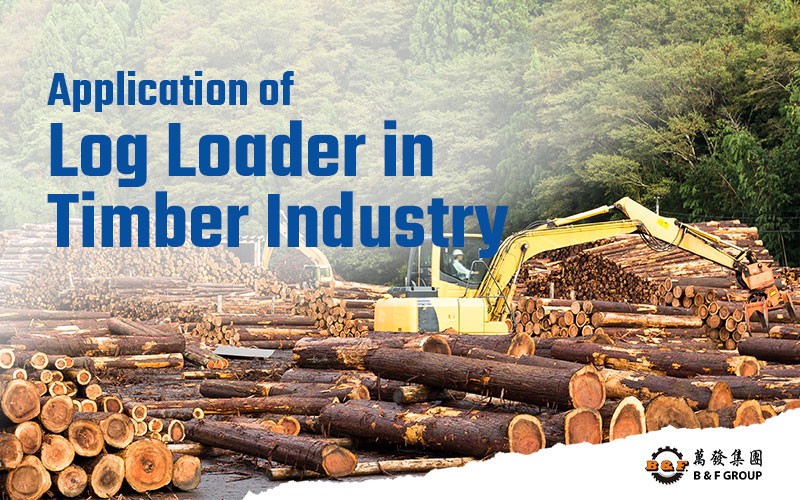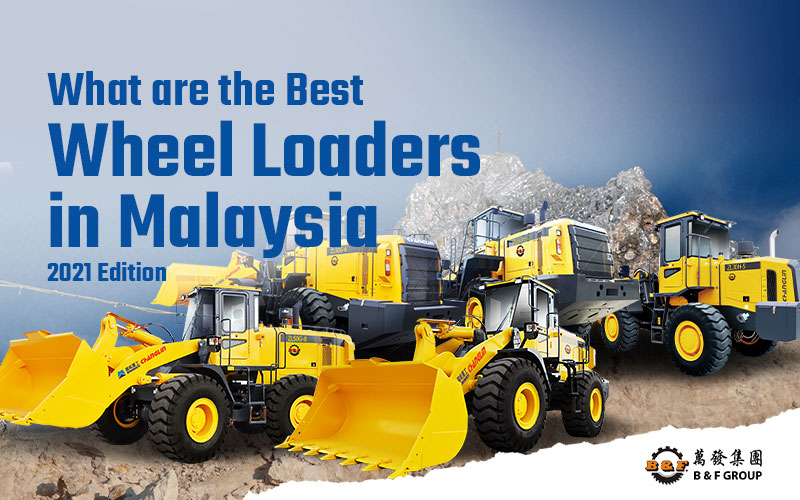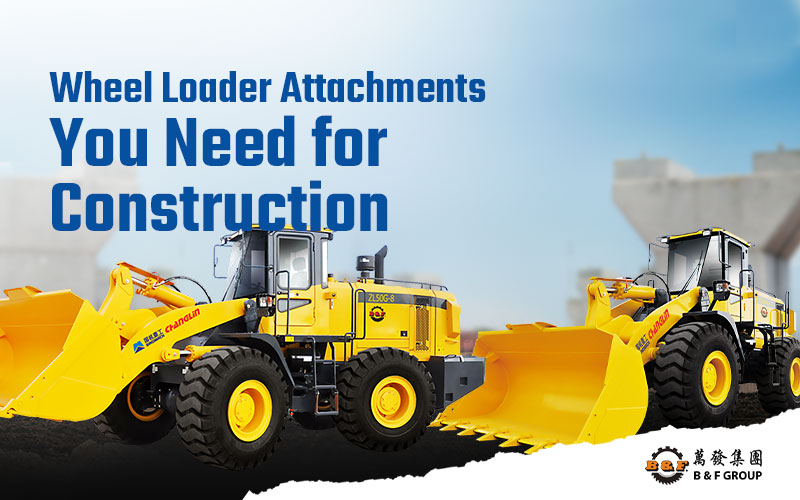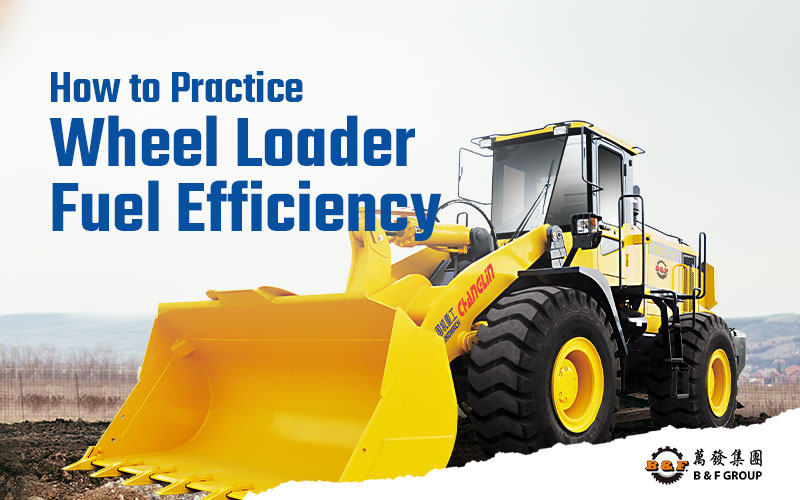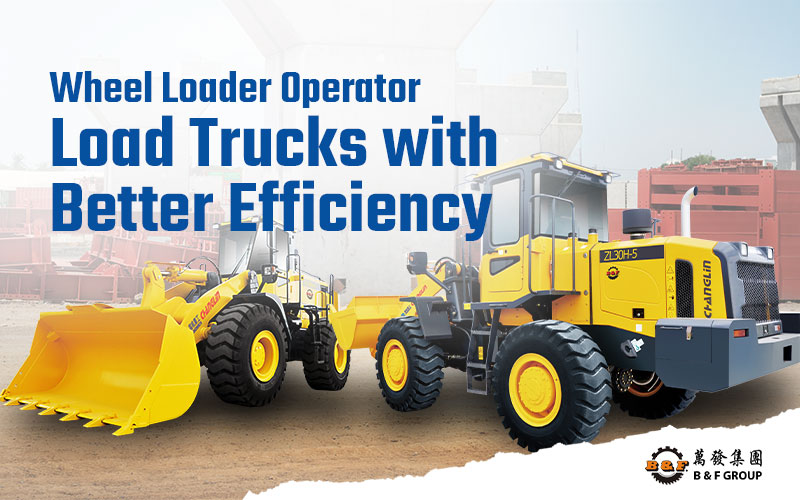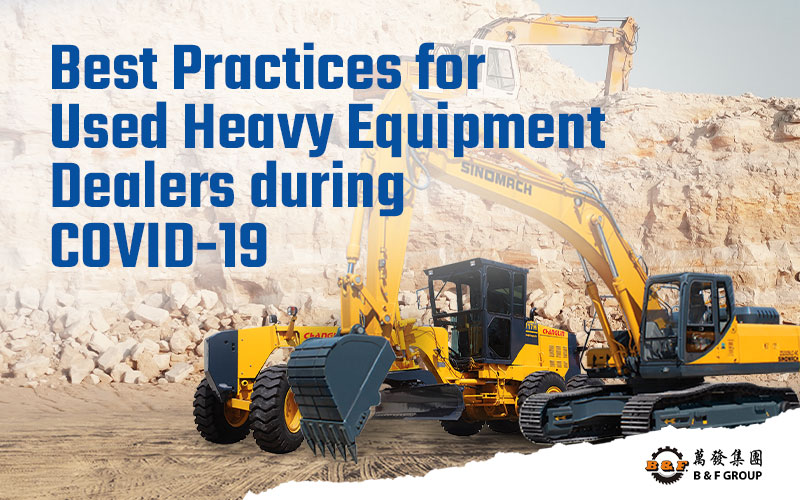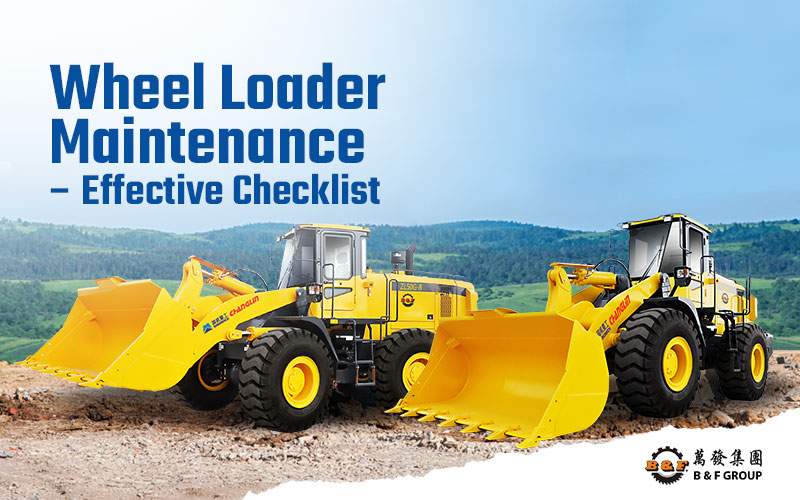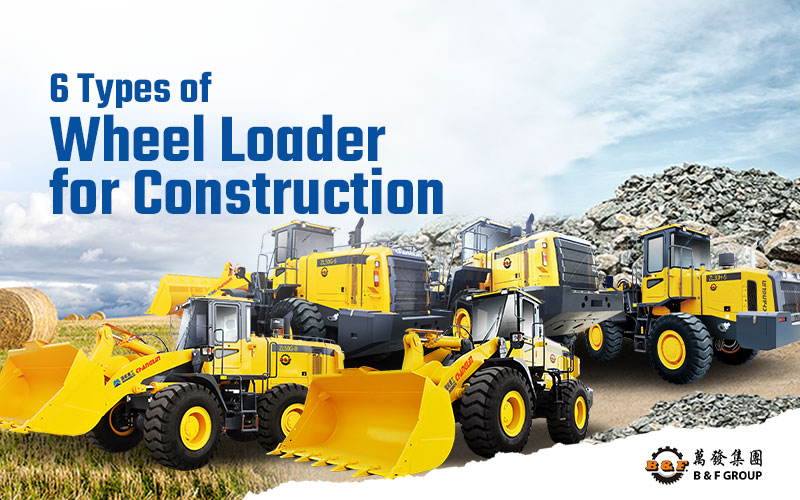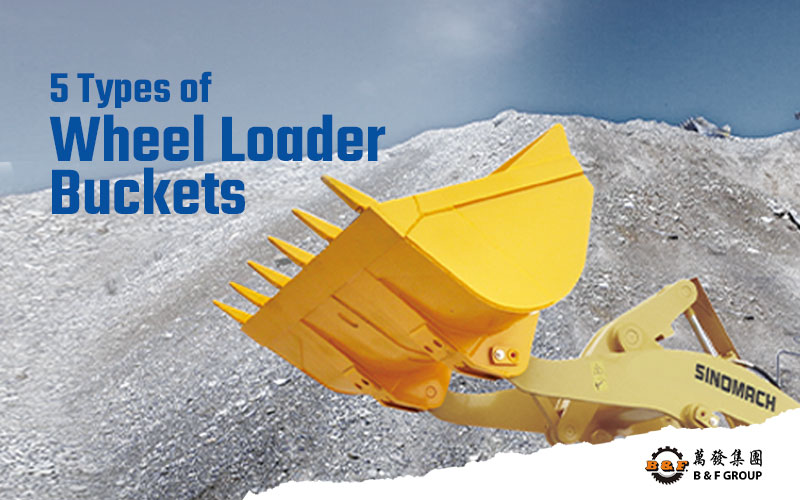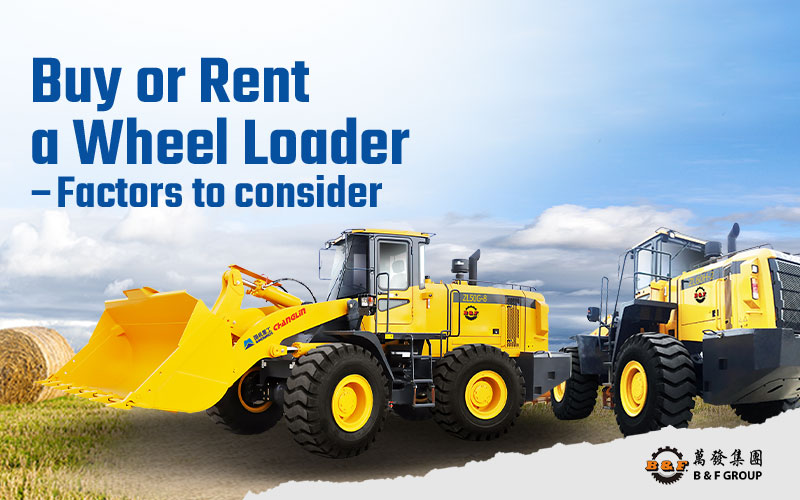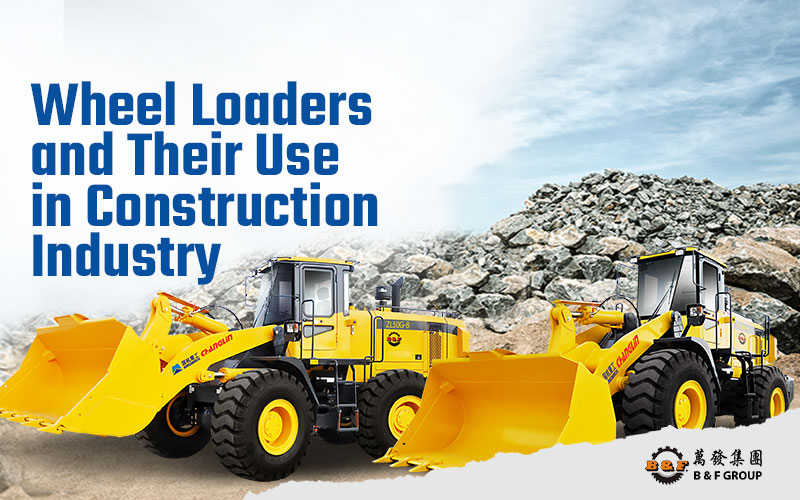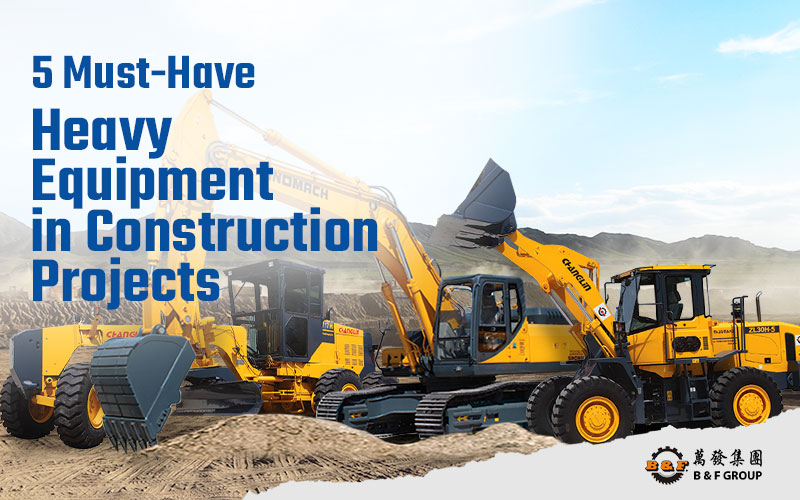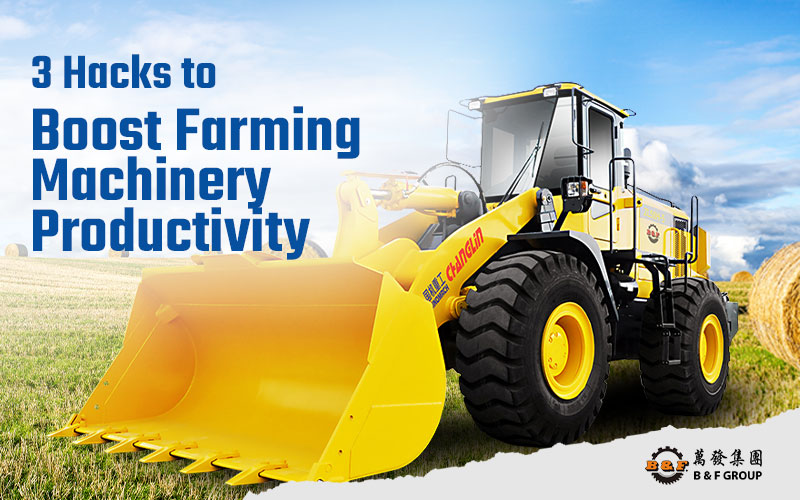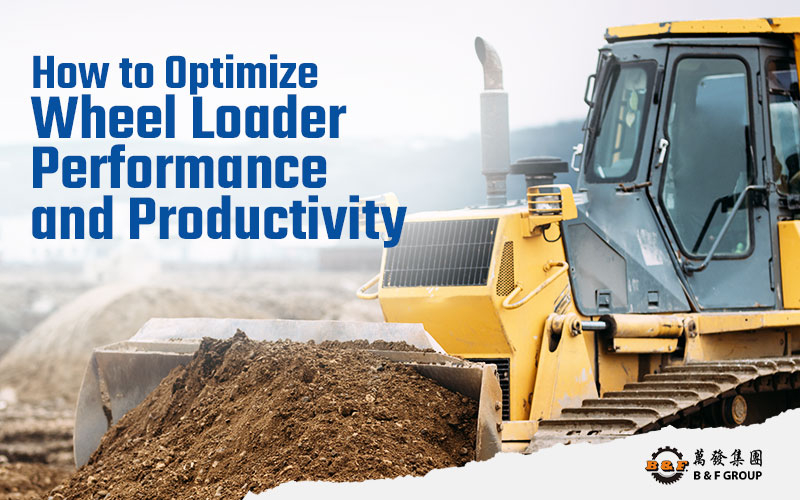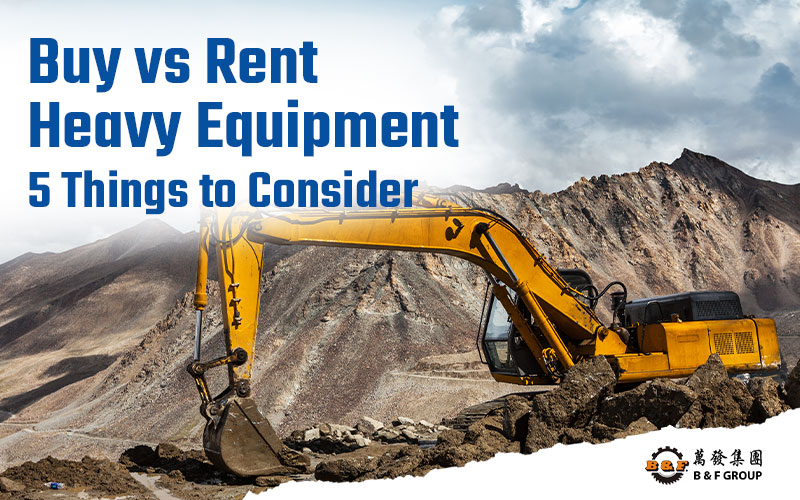
How much fuel does a wheel loader use?
A wheel loader productivity depends on the usage of the loader operator and the practice of preventive maintenance routine. But, did you know that the design of the wheel loader has a significant influence on its fuel efficiency?
Features of machinery such as fuel management systems, load-sensing hydraulics, torque converter transmissions, and spin or slip control work along with determining the fuel costs. They too function to either enhance or deplete the heavy machinery.
Wheel Loader Designs to Improve Fuel Efficiency
The biggest factors that enhance wheel loader fuel efficiency are properly trained operators and the machine maintenance routine. However, the wheel loader design is another key component of its own.
The best option is to have both of these groups of aspects come together. Certainly, they will increase your wheel loader productivity to optimize your heavy equipment fuel consumption.
How to practice wheel loader fuel efficiency?
- Wheel loader operating techniques
- Use effective hydraulics
- Use lock-up torque converter transmission
- Have spin or slip control on wheel loader

Wheel loader operating techniques
In many cases, a wheel loader operator can change their wheel loader operating method by driving the machinery using a lower engine speed and higher gear. As a result, you will save more on fuel consumption. But, we understand that sometimes it is not likely to do so.
So, look at wheel loader capacity that could limit the production process. However, used limited production will not mean a reduction in the fuel consumption of heavy machinery. Hence, look at how many tons you move for each gallon of fuel consumed by the heavy machinery.
Also, plan the traffic pattern and assign properly sized heavy equipment for your particular project. For example, small wheel loaders can only move limited amounts which can increase the number of rotations and consuming more fuel.
On the other hand, using a large-sized wheel loader for basic site projects will only cause fuel wastage. Because the wheel loader moves only a small amount of materials using powerful hydraulic systems which is unnecessary.
Other steps you can apply for your heavy machinery fuel efficiency are by maintaining proper tire inflation and linkage lubrication. Low-pressure tires will increase rolling resistance and the dry pin joints increase the hydraulic pressure to lift a load.
Use effective wheel loader hydraulics
Integrate your wheel loader with a load-sensing hydraulic system that provides the ideal flow by the wheel loader operator. Also, bear in mind that the hydraulic system plays a smaller role in heavy equipment fuel efficiency. But, you should always try to reduce heavy equipment fuel costs in every aspect of the construction machinery design.
Therefore, remove unnecessary wastage of energy where you can. Many wheel loaders for rent or sale by wheel loader suppliers in Malaysia understand the importance of fuel efficiency. A well-maintained wheel loader with regular inspections will provide you with all of these plus points.

Use lock-up torque converter transmission
During loading and carrying applications, the lock-up torque converter can help in fuel efficiency. However, different heavy machinery suppliers offer different working modes. Some go with power and the rest with the economy which can save fuel on less demanding site jobs.
Also, the economy begins with the loader engine design. Additional features such as lock-up torque converter transmission, auto-idle, and auto-shutdown, load-sensing hydraulics, or variable-speed cooling fans can also help regulate the heavy machinery fuel consumption.
Note that these features greatly impact the fuel economy. So, it is best to run the wheel loader at lower engine speeds. But, if you decide to use any of these wheel loader features, it is best to undergo wheel loader operator training.
Have spin or slip control on your wheel loader
Wheel slippage is another form of energy wastage that reduces fuel efficiency and increases operating costs.
Here, a professional operator would make the spin or slip control feature more beneficial.
However, if you frequently spin the tires while loading, the spin or slip control can impact operating costs by improving fuel economy and minimizing tire wear and tear.
Especially in poor underfoot conditions, this feature can enhance production by keeping the wheel loader more mobile and producing.
The Best Wheel Loaders for Top Efficiency
Frequent usage of wheel loader operations can consume gallons of fuel.
As a contractor, make the best use of these tips for your wheel loader fuel efficiency as well as for other heavy equipment. So, get in touch with us for well-maintained wheel loaders for you to increase machinery productivity.
We are professionals at guiding you to buy or/and rent any heavy machinery that suits your project. Drop an inquiry and our heavy machinery consultant will reach you ASAP.


